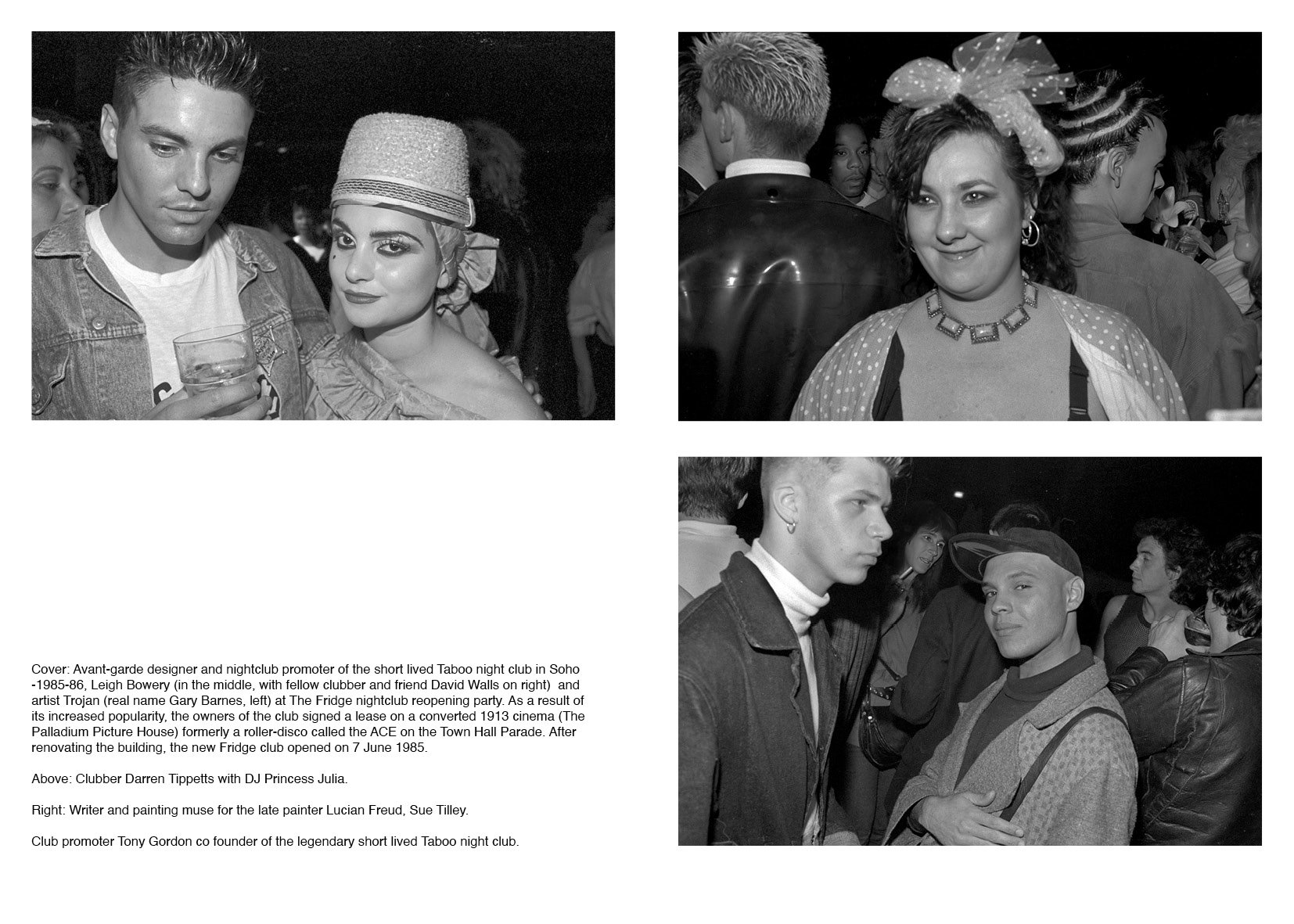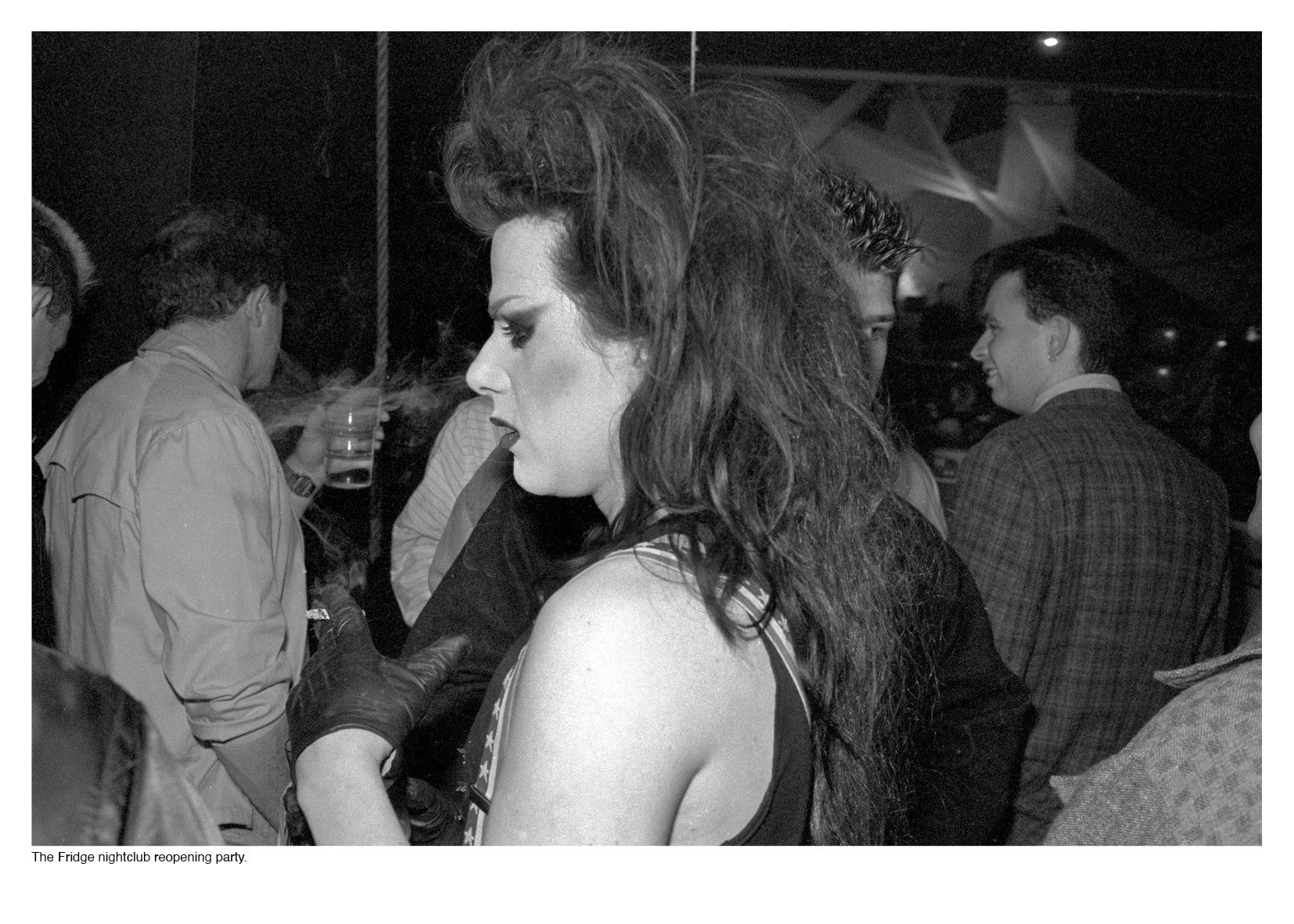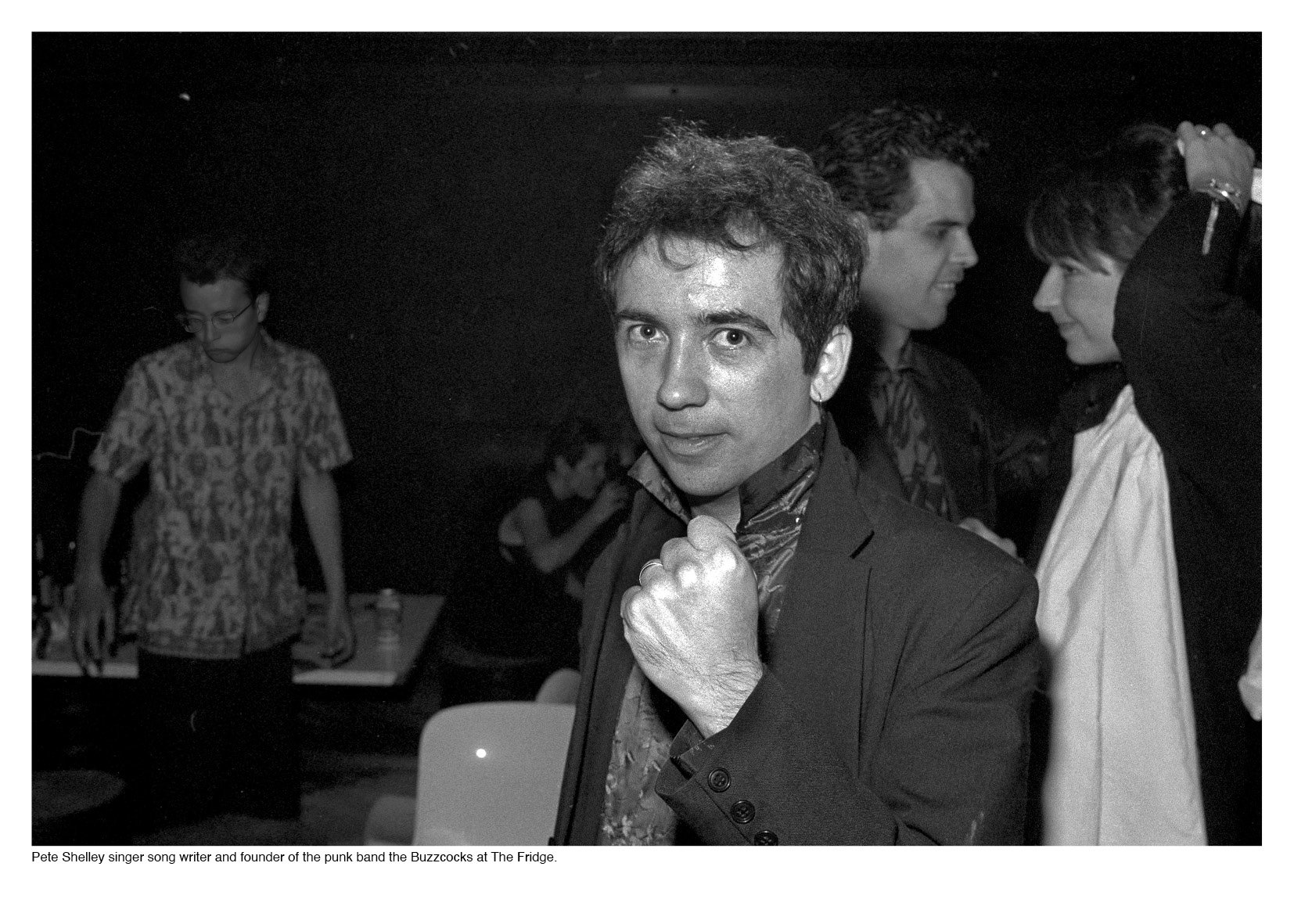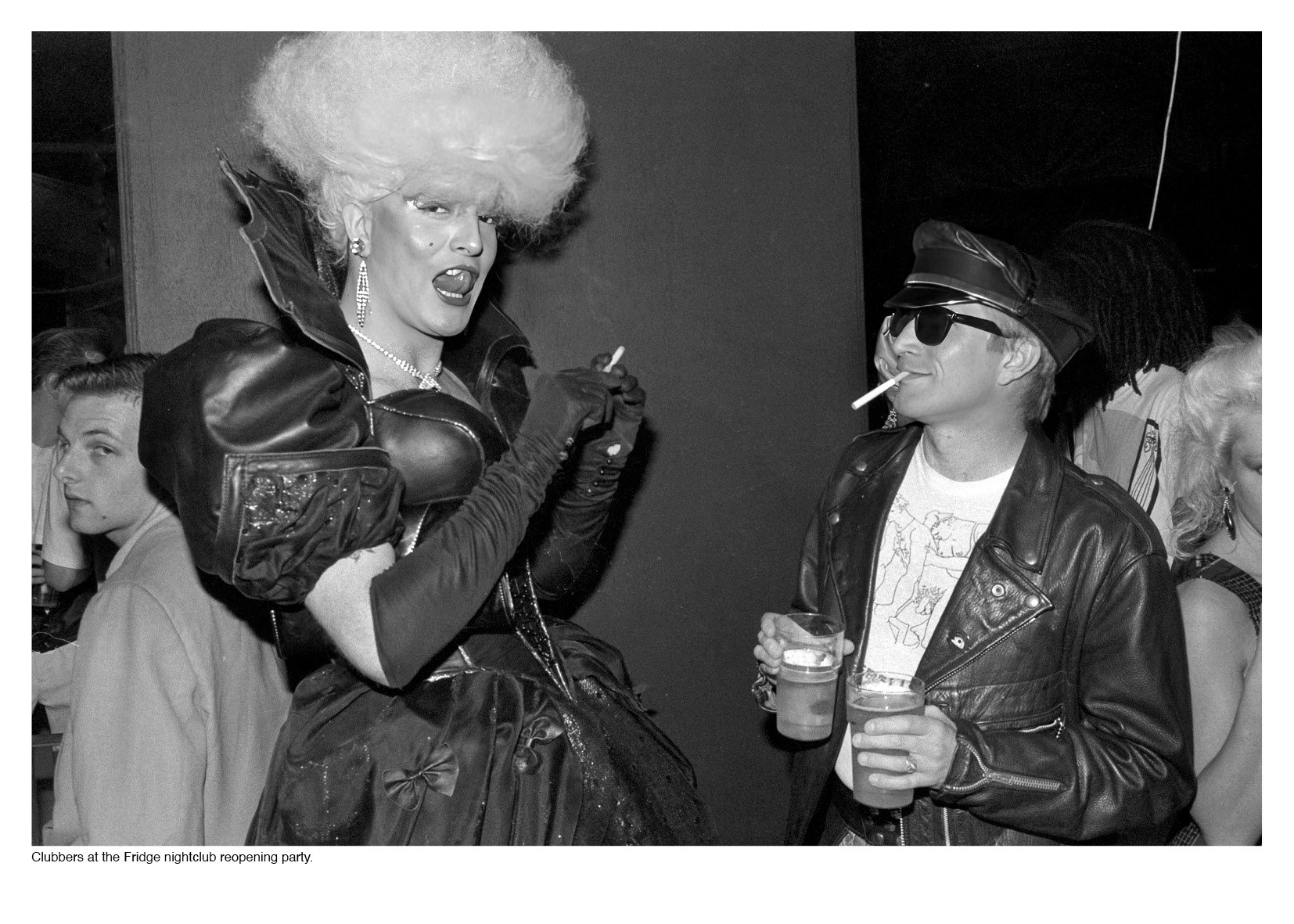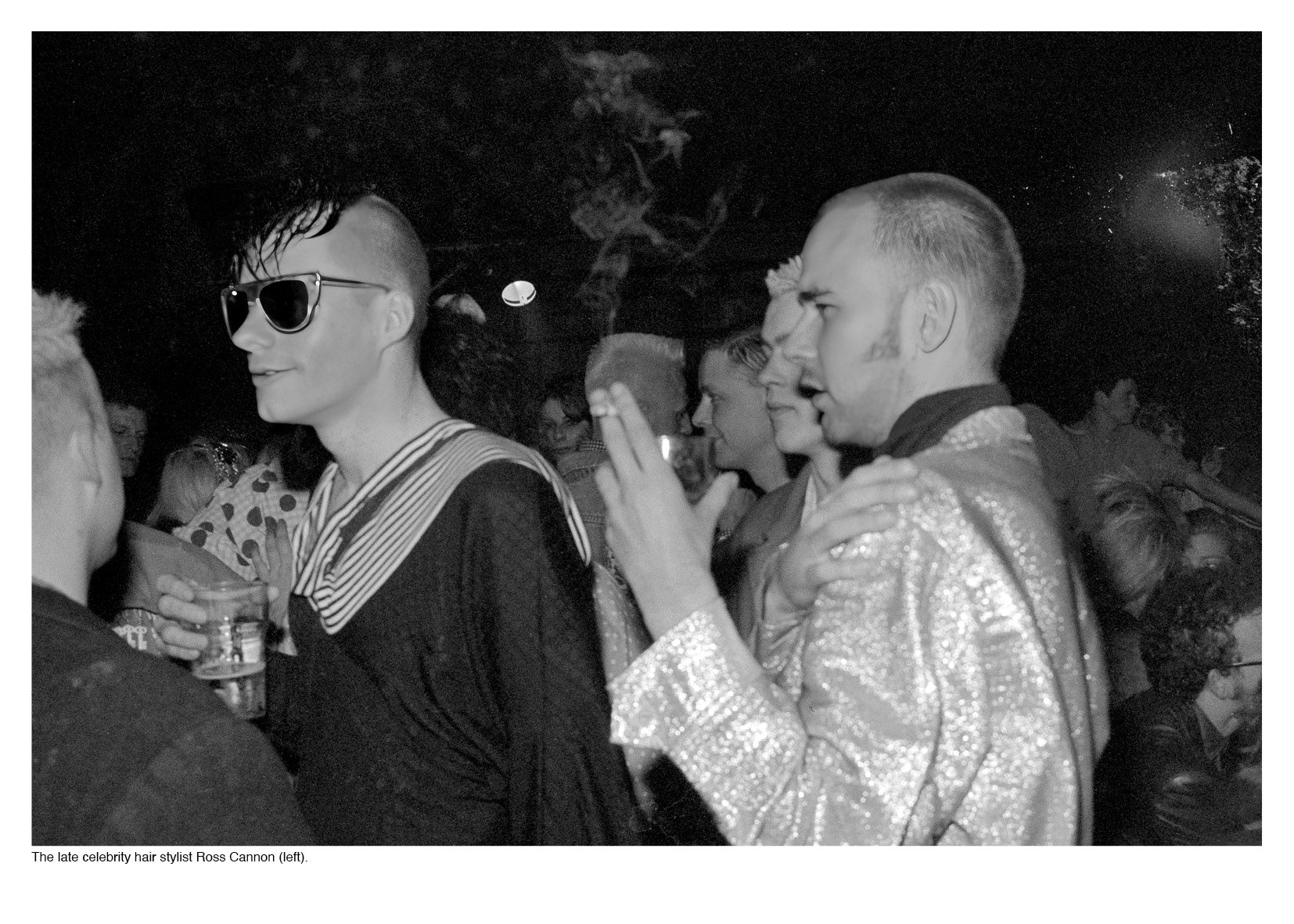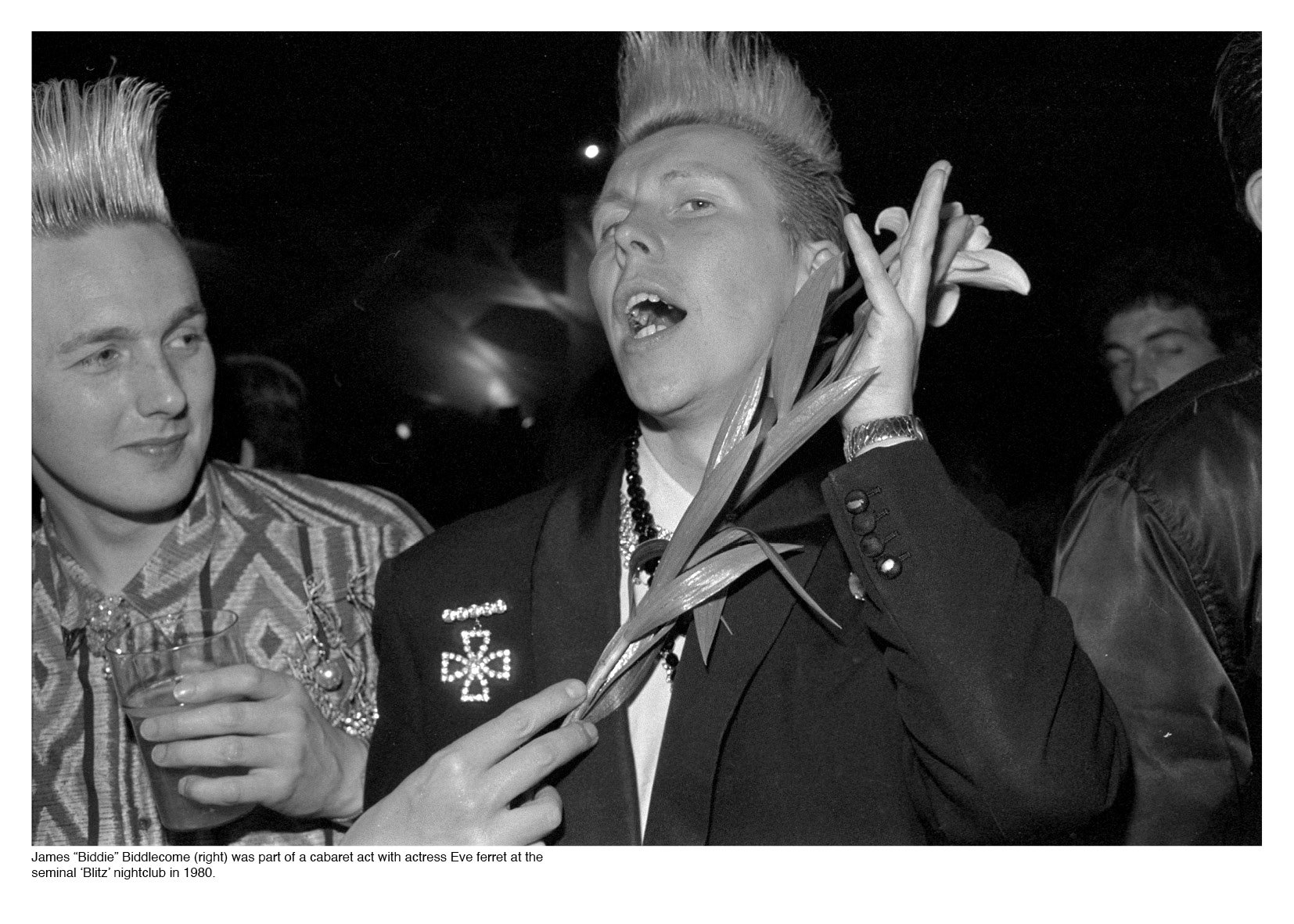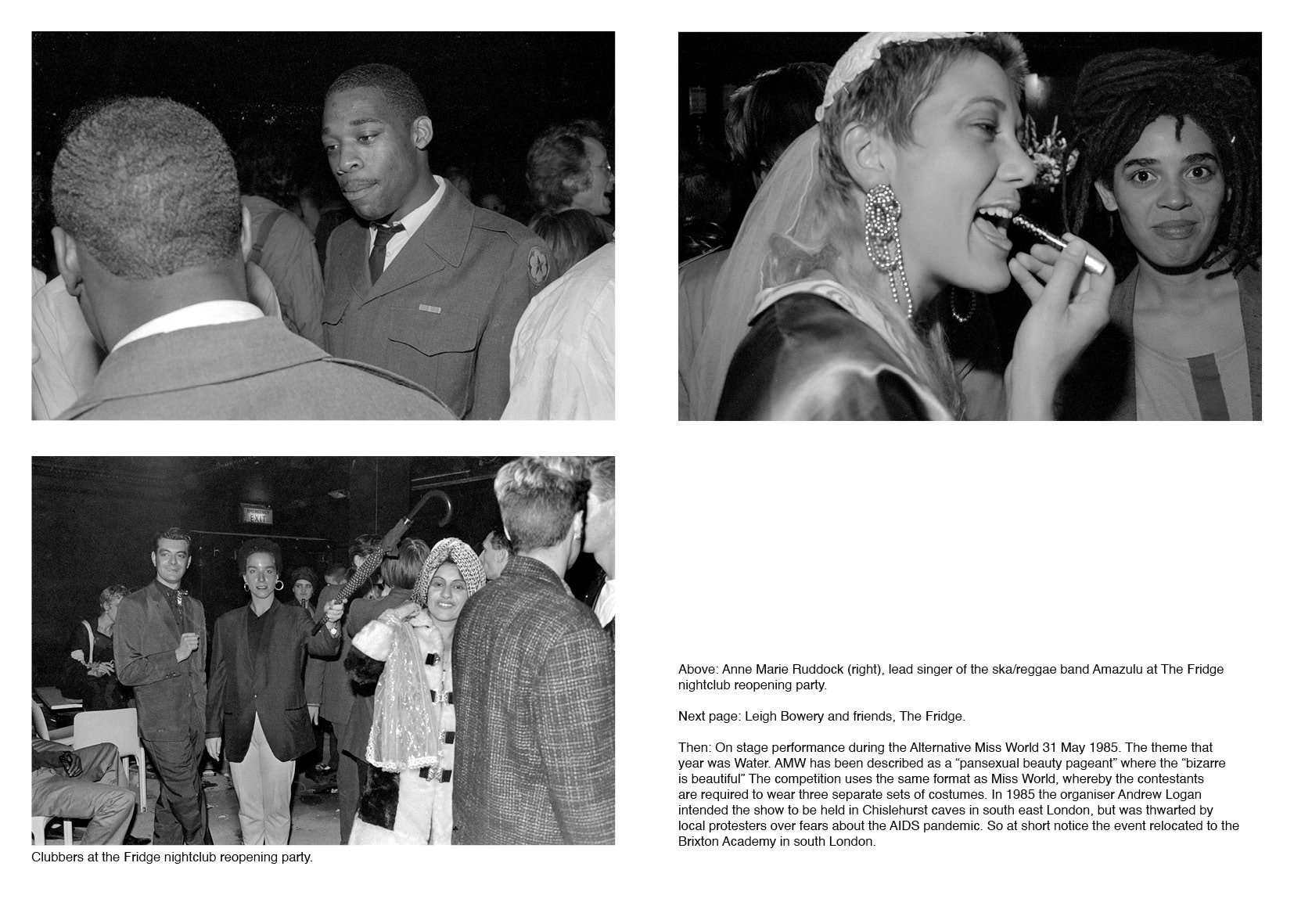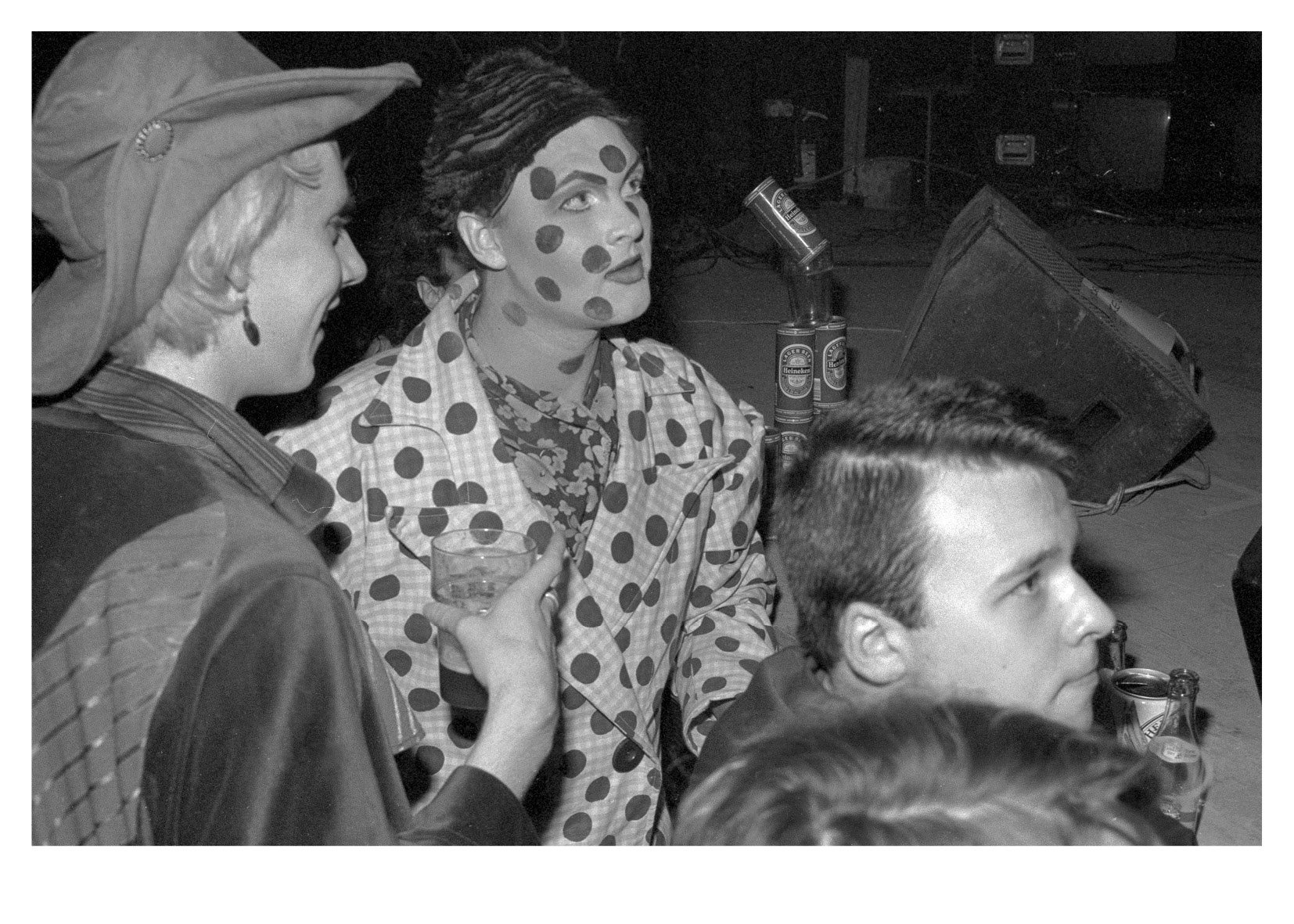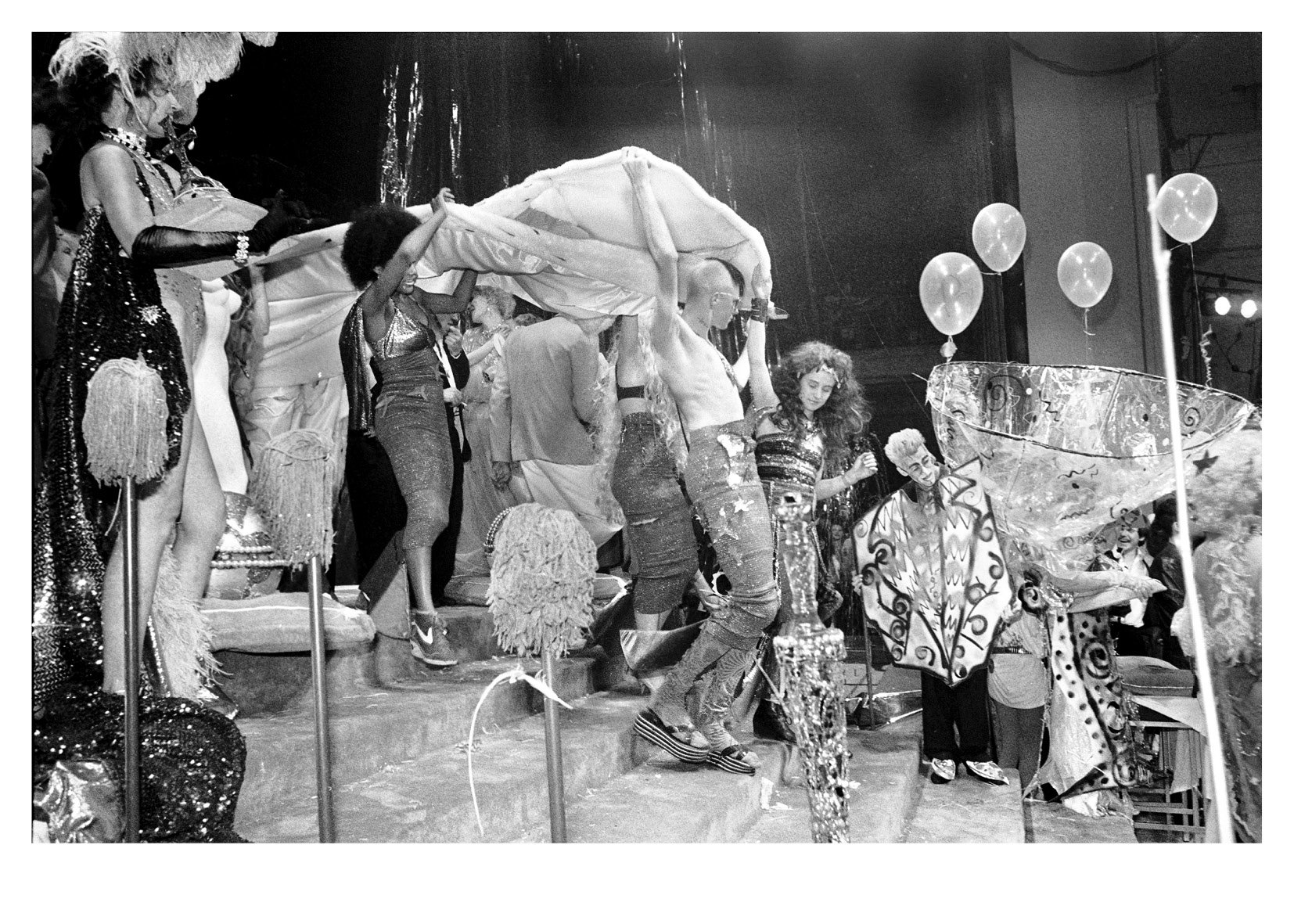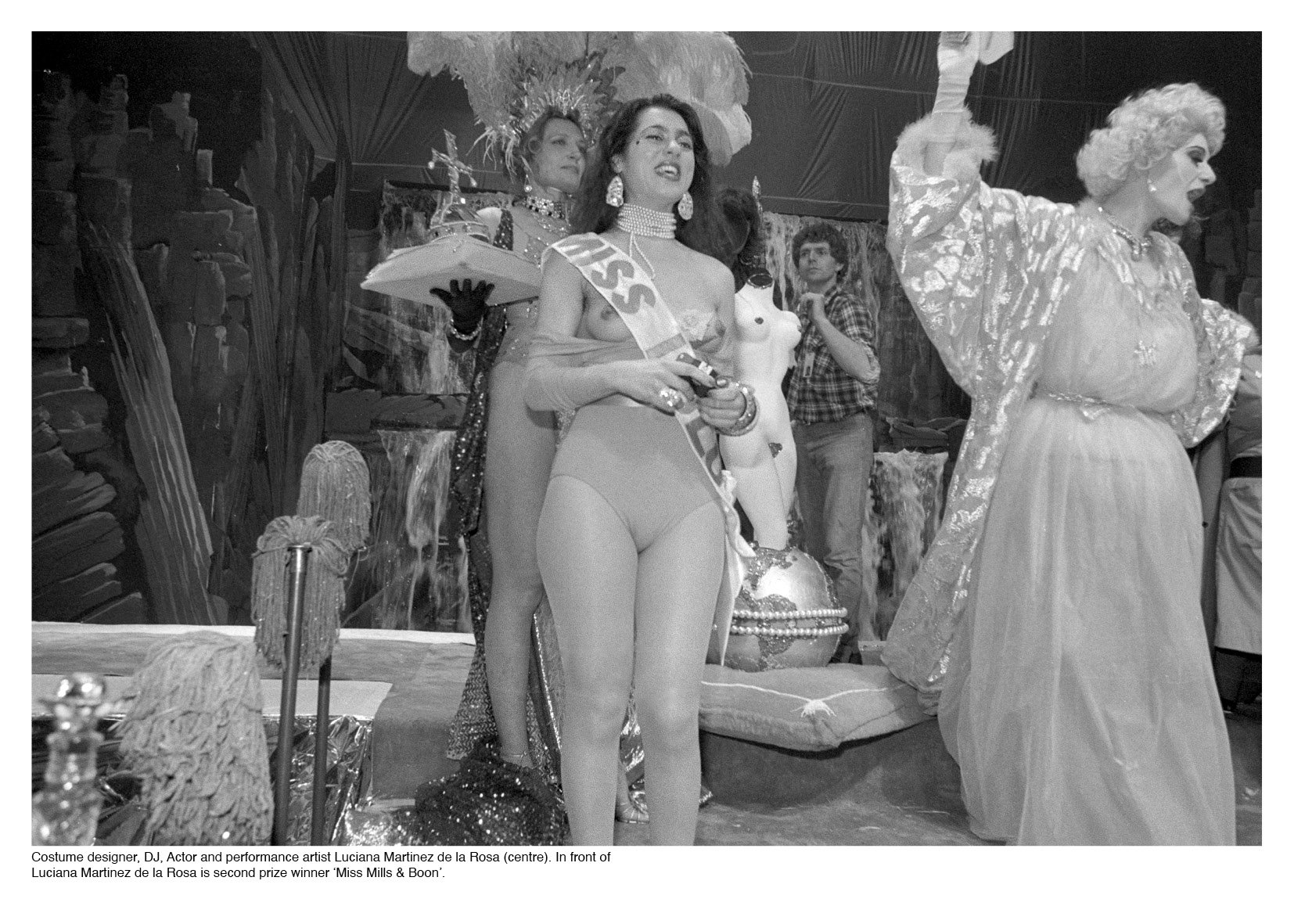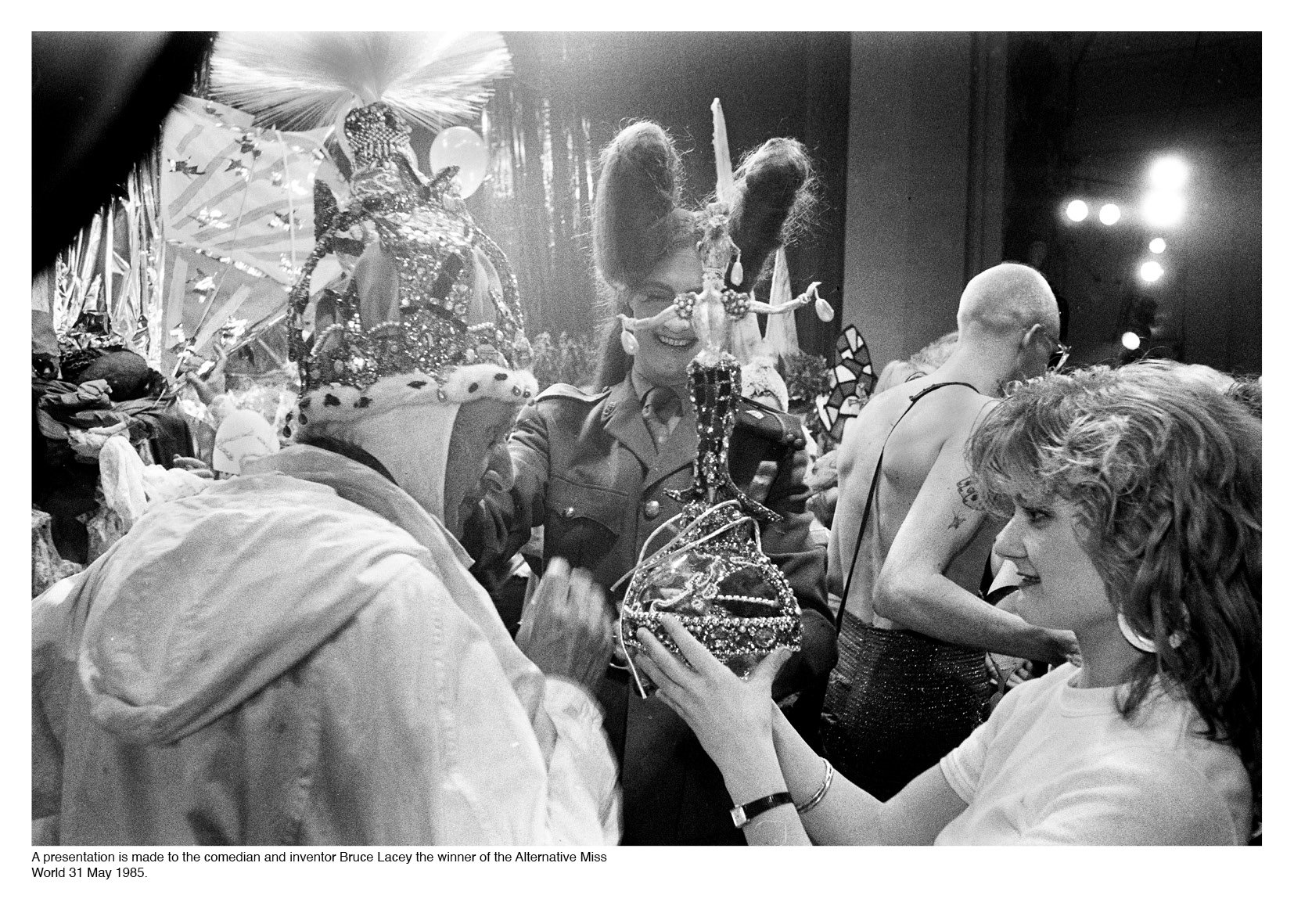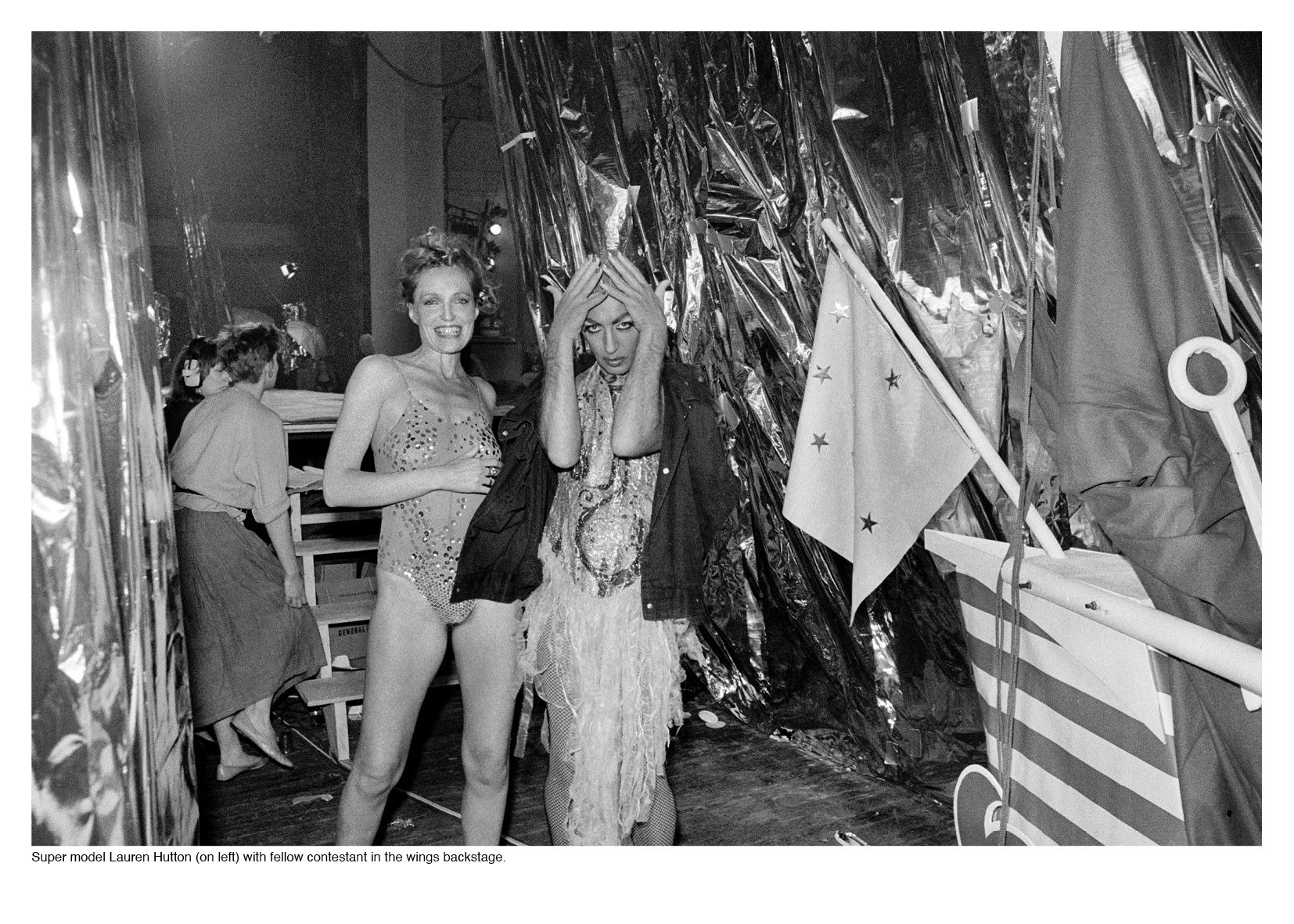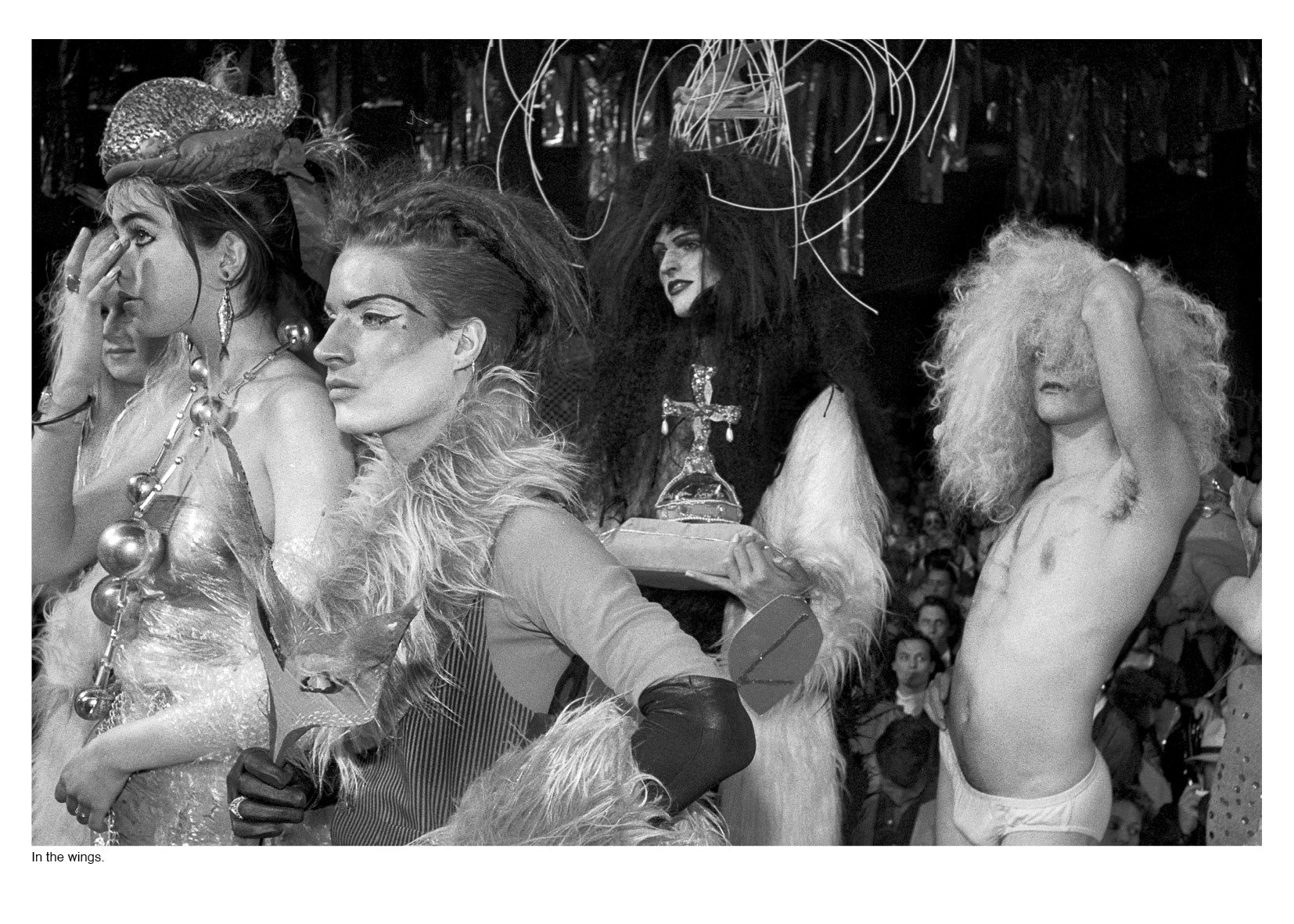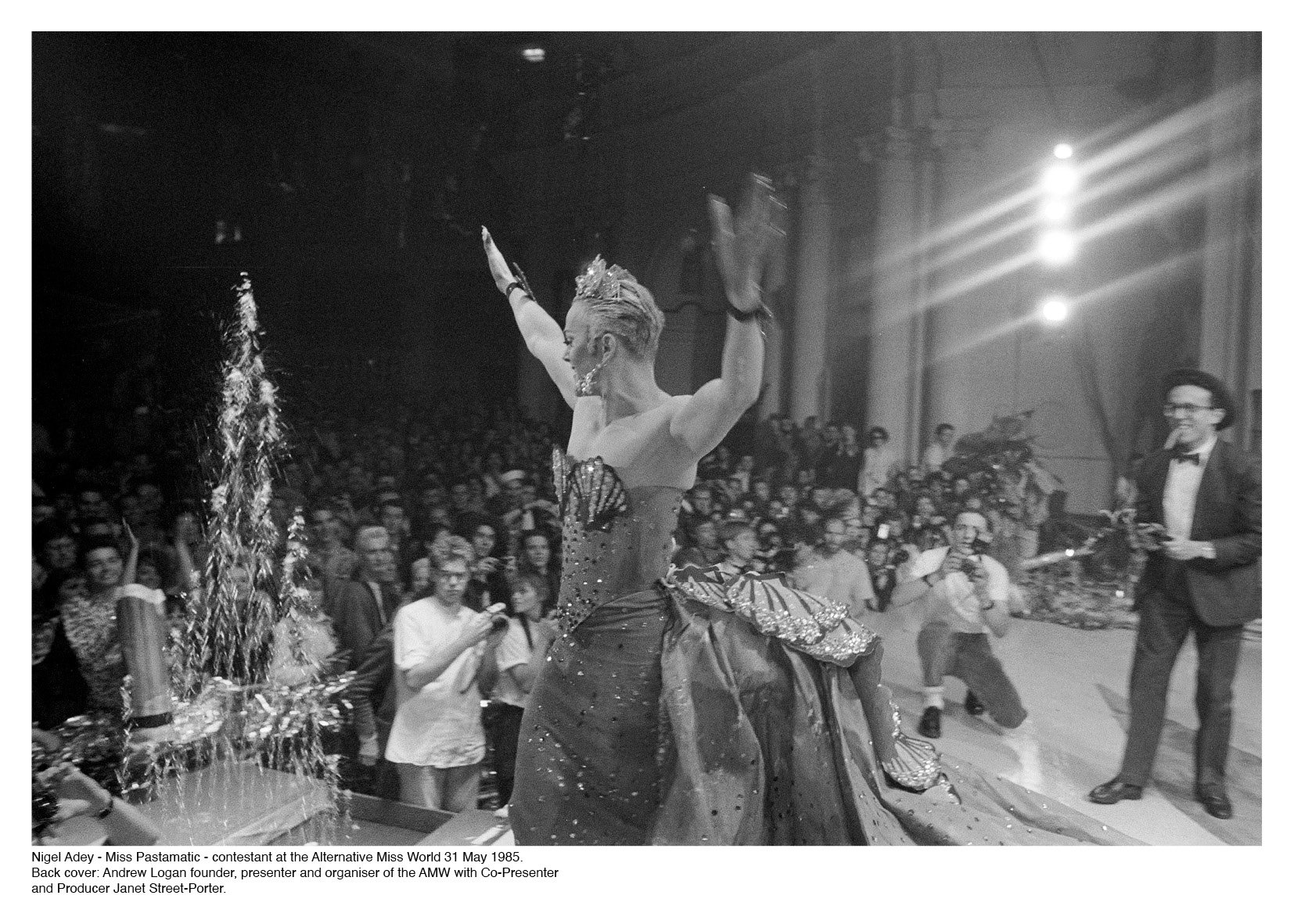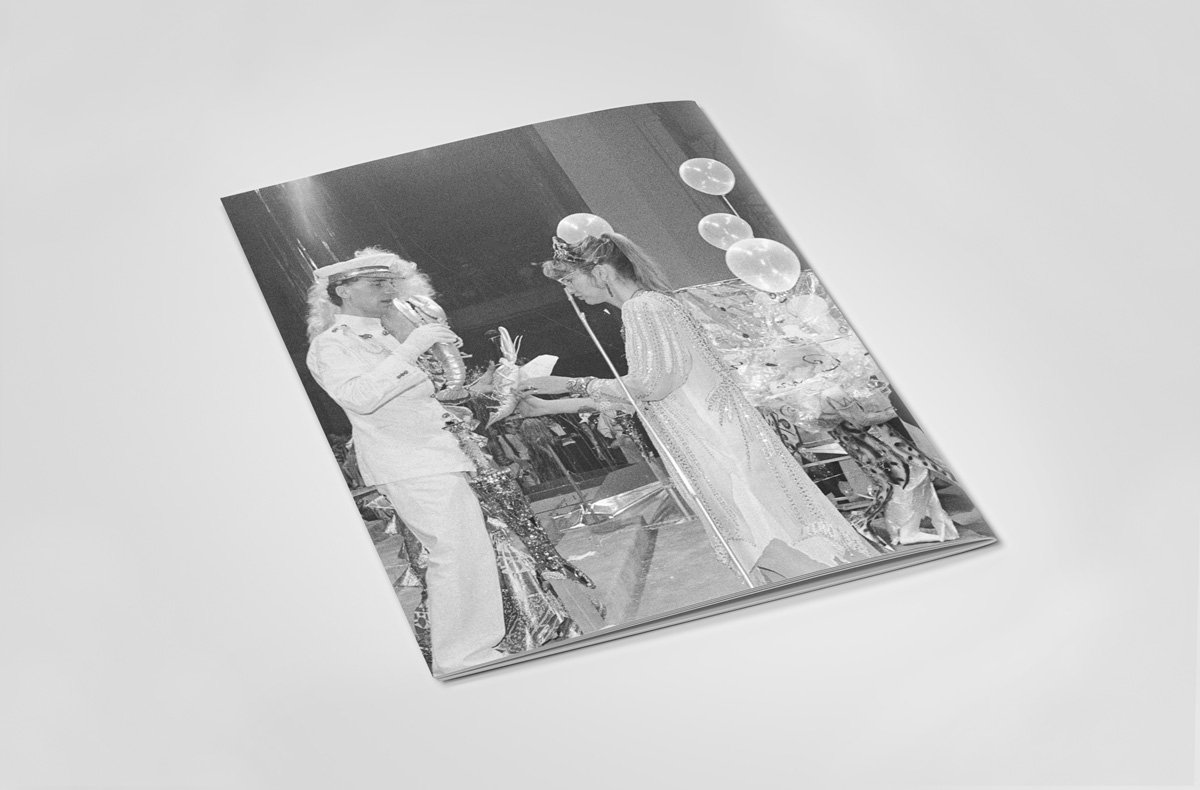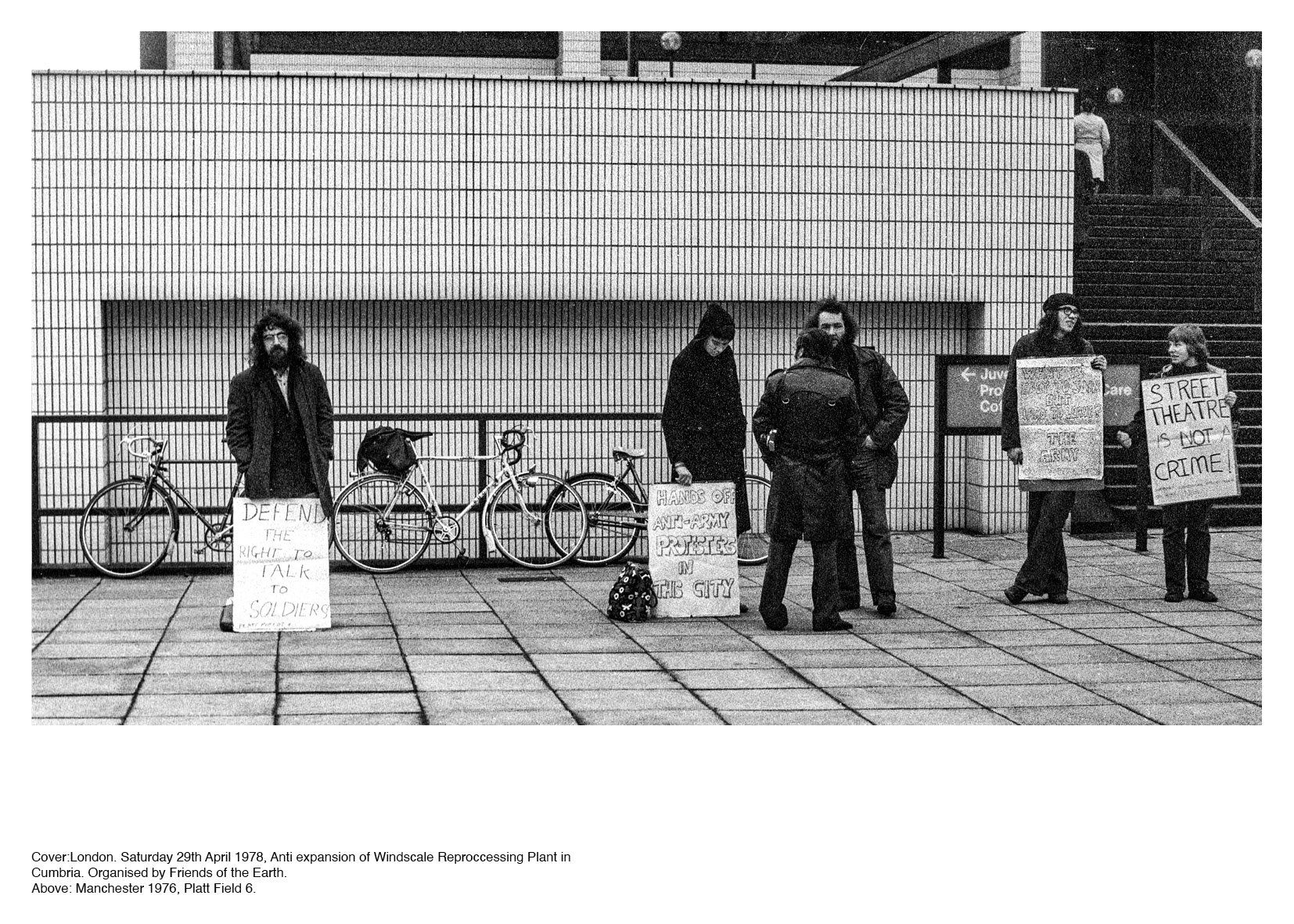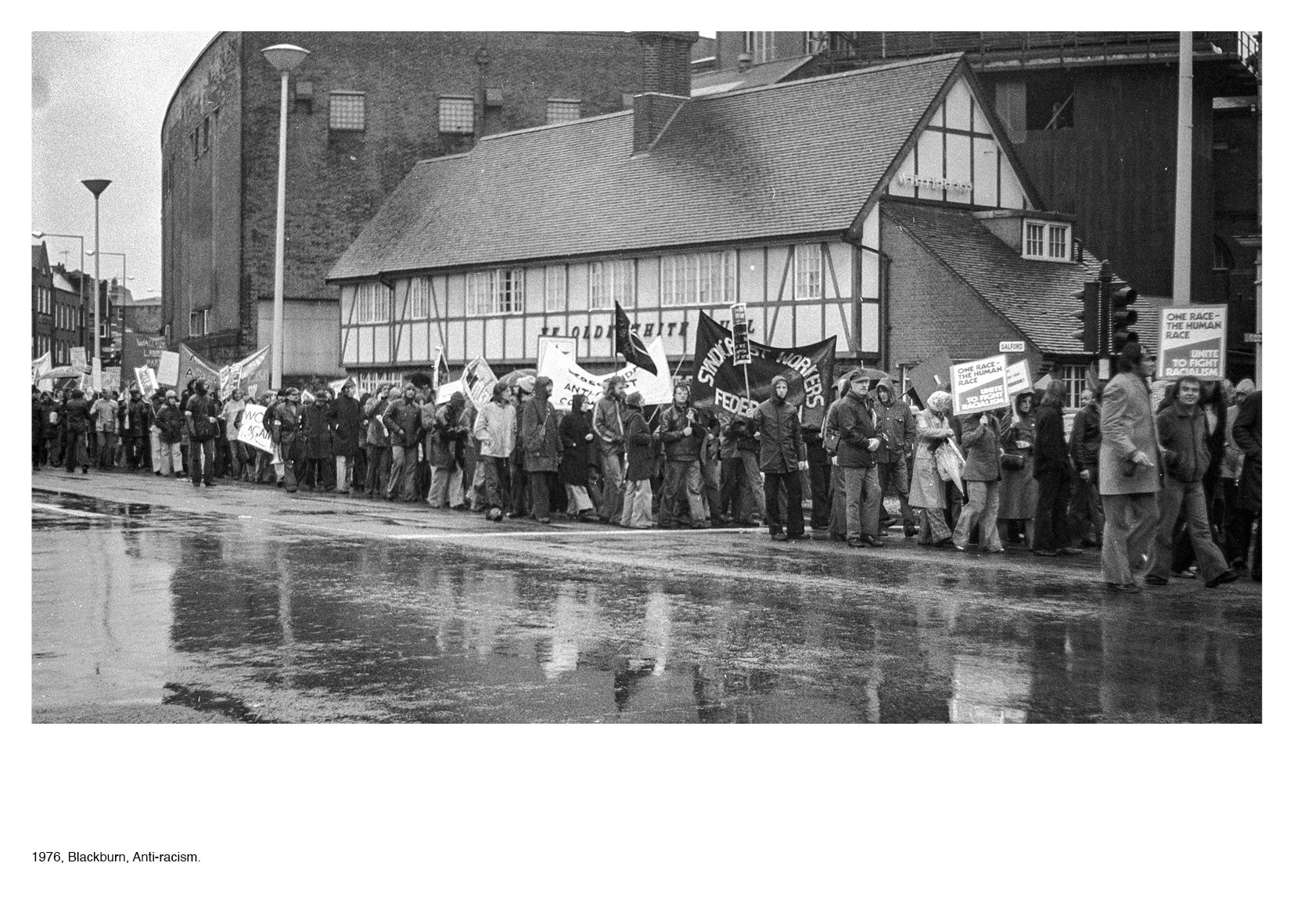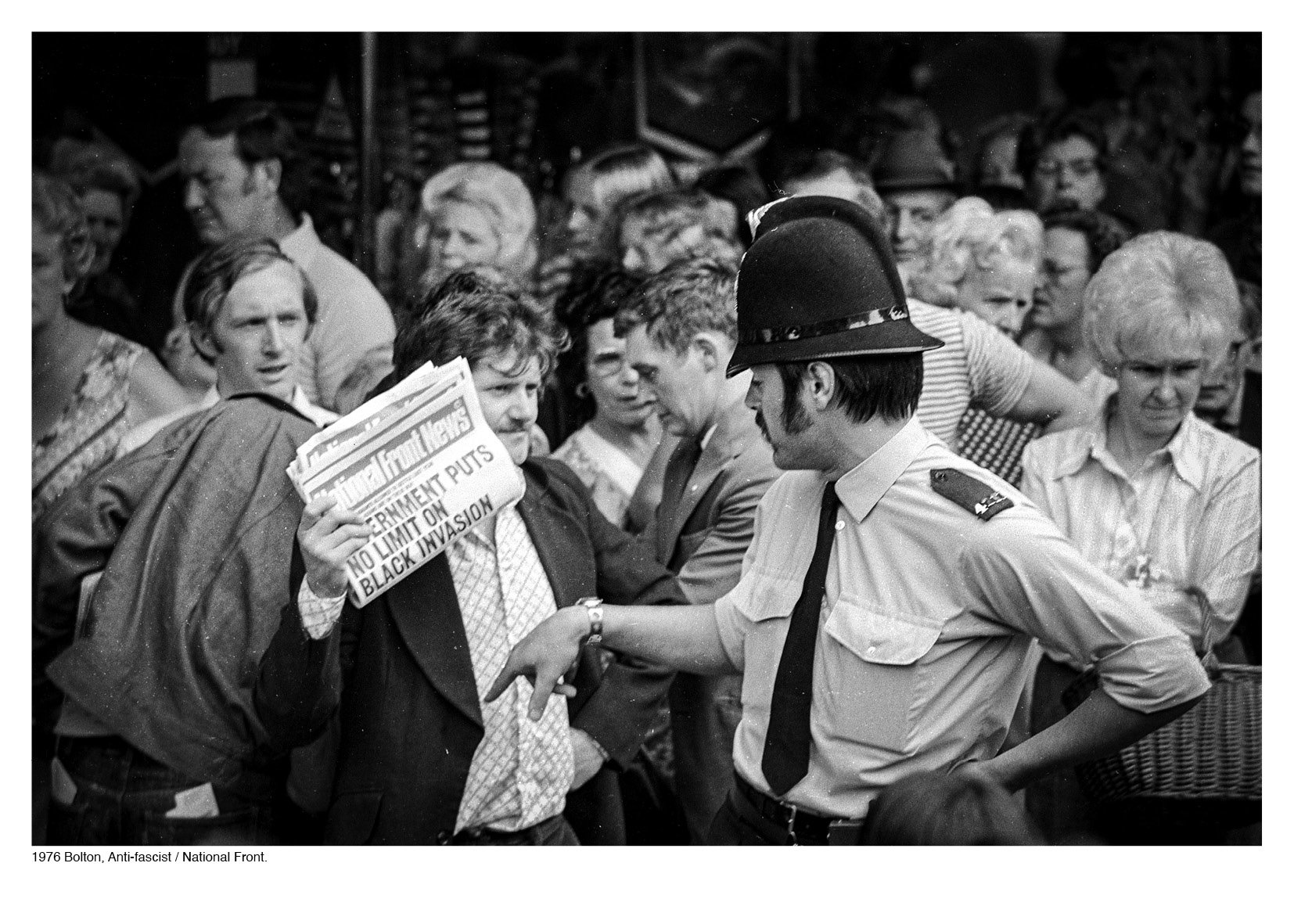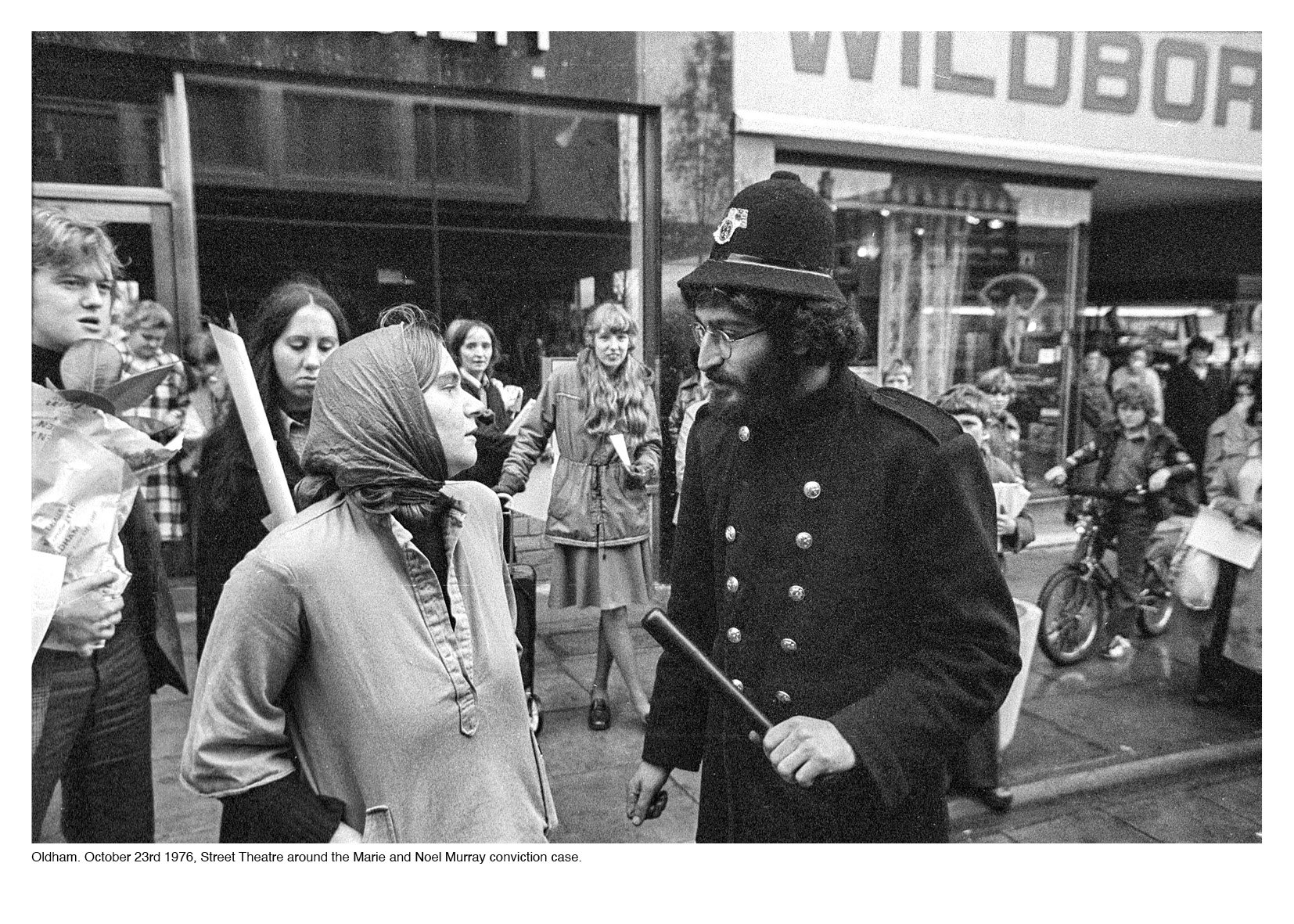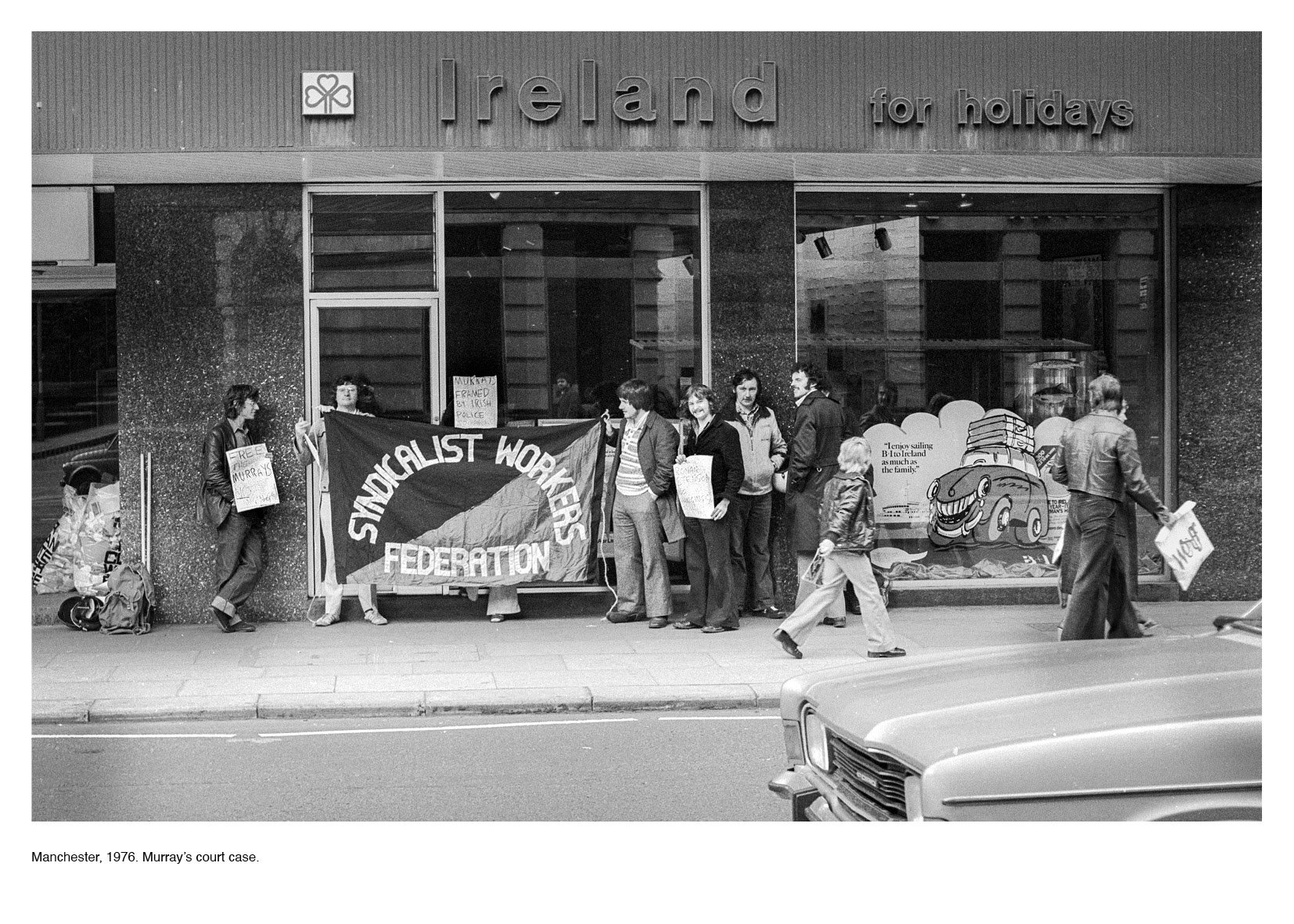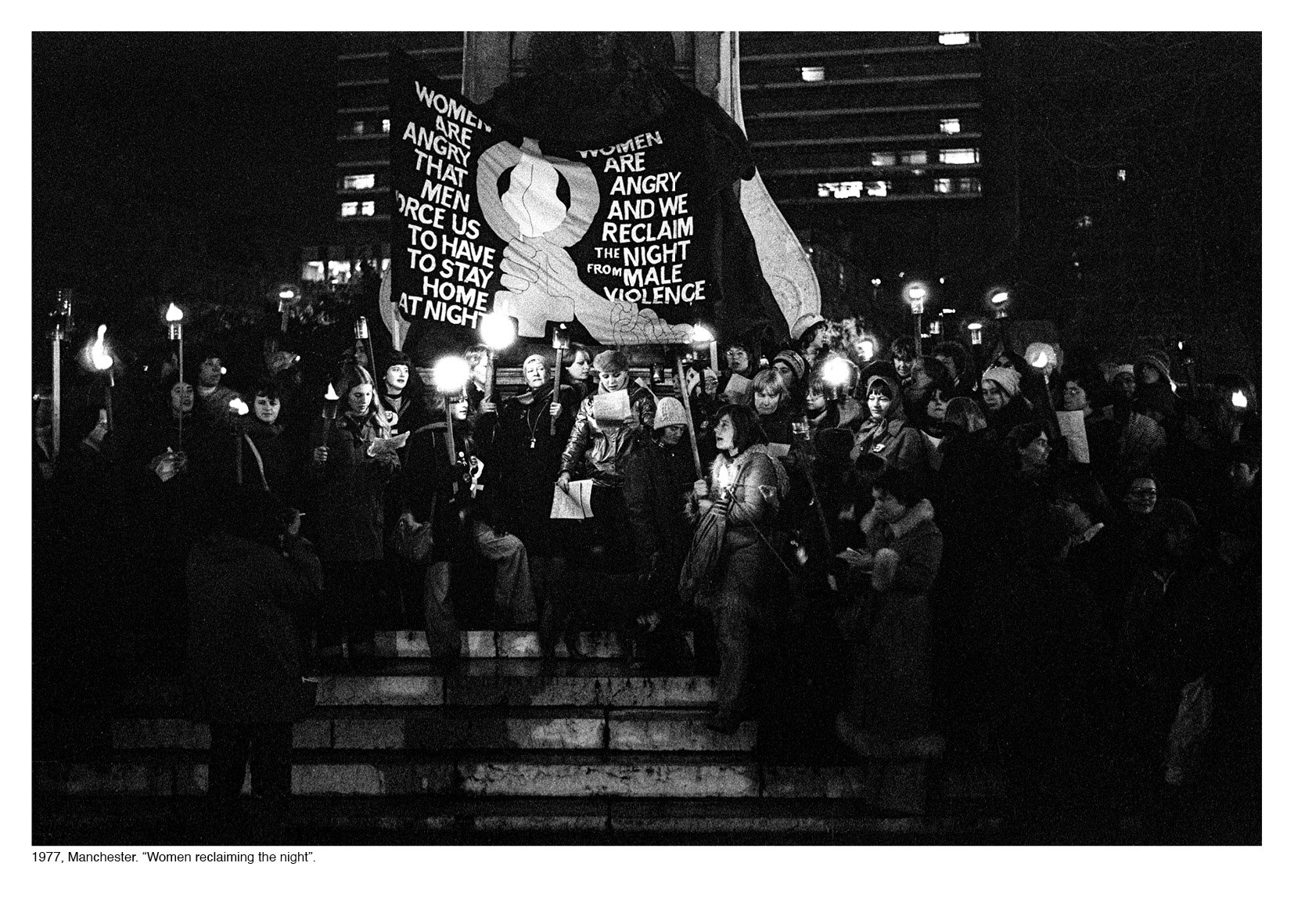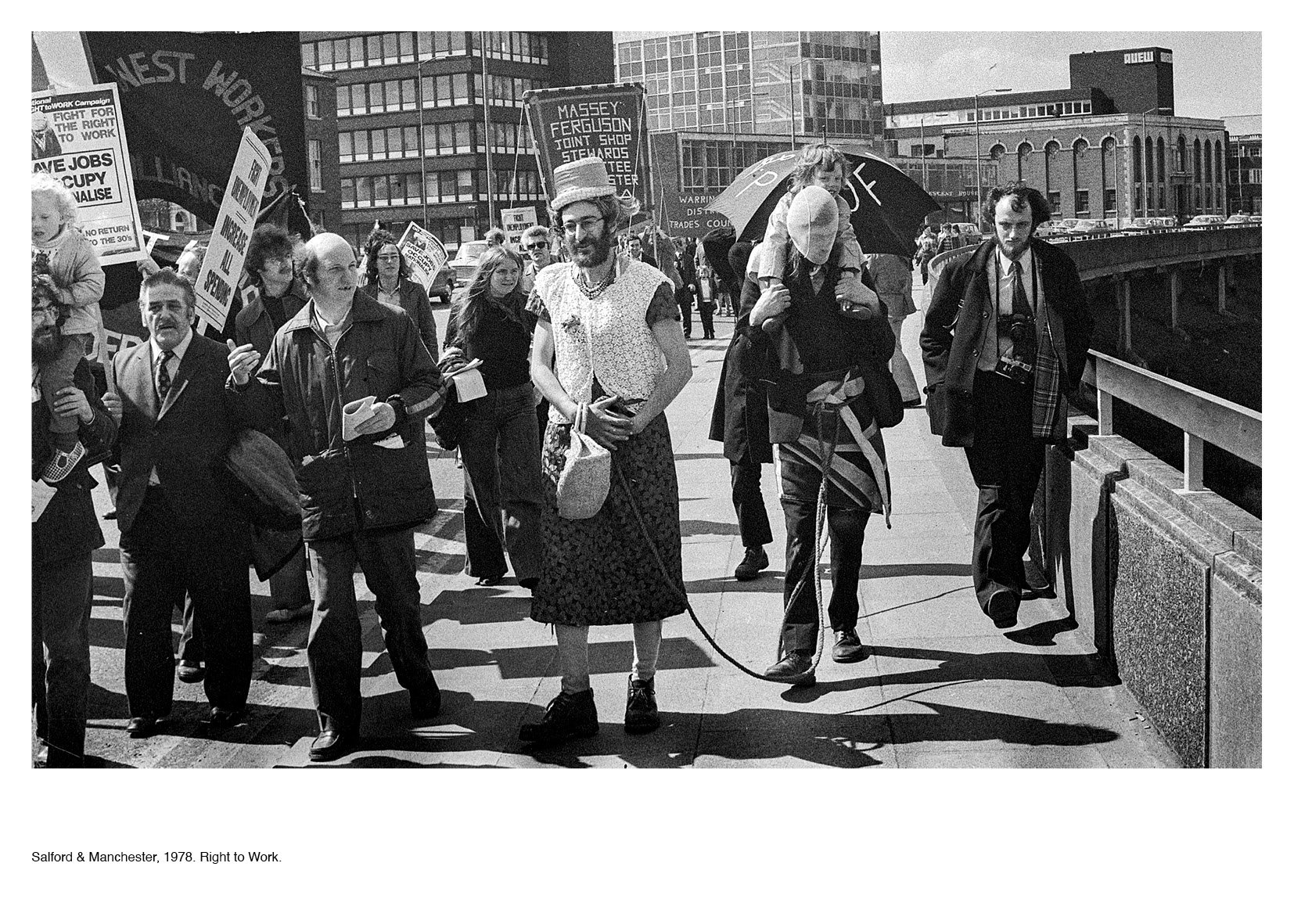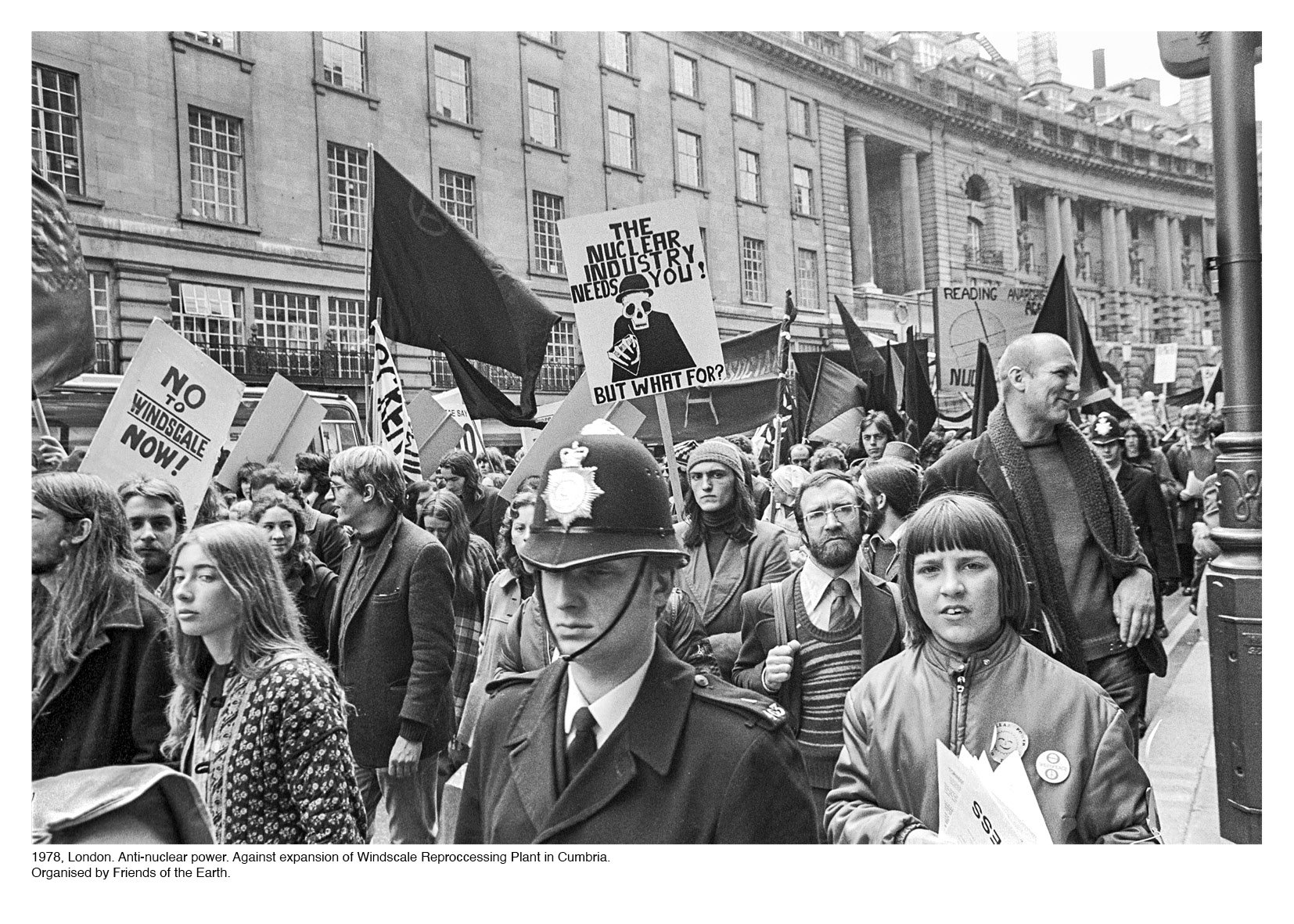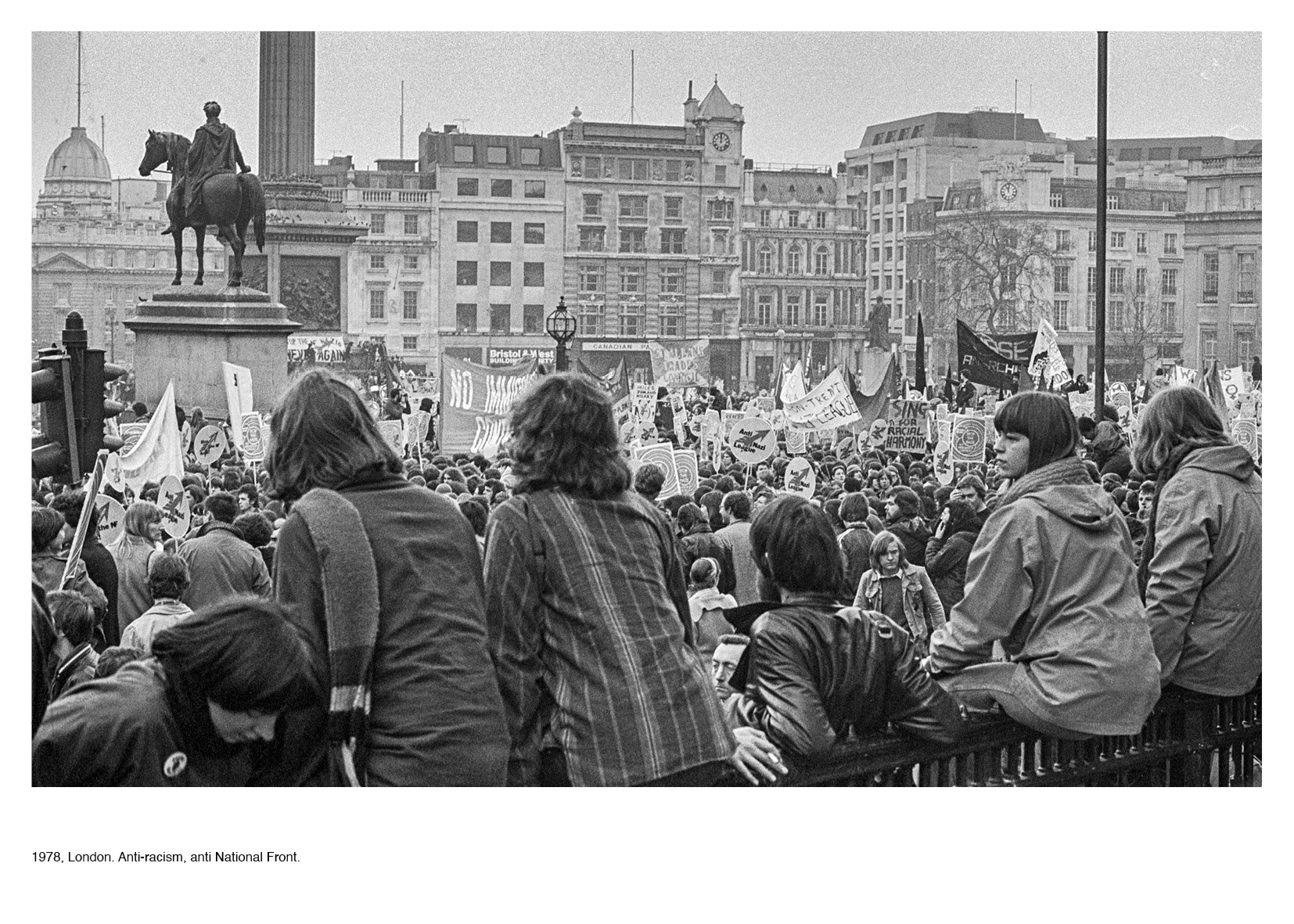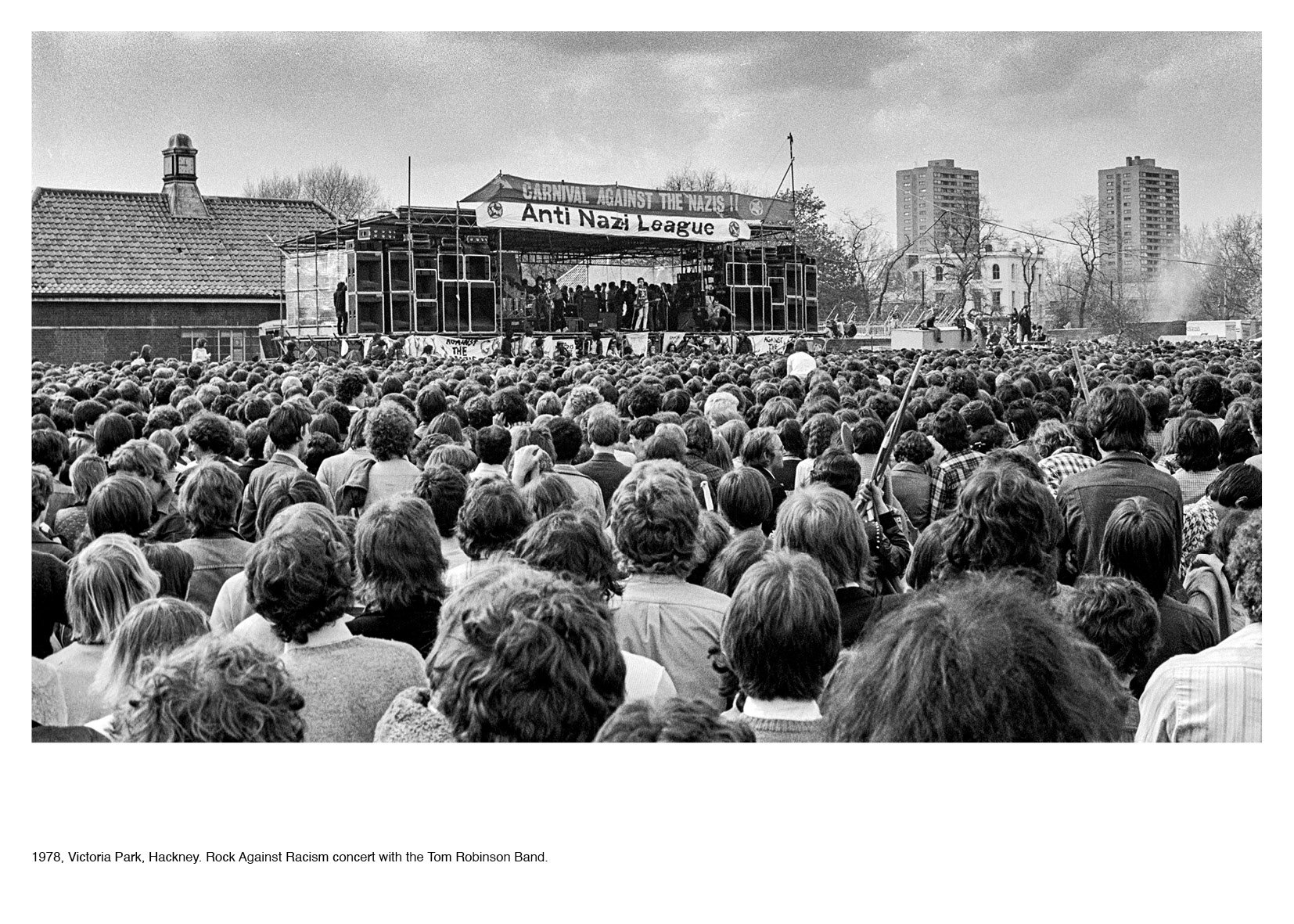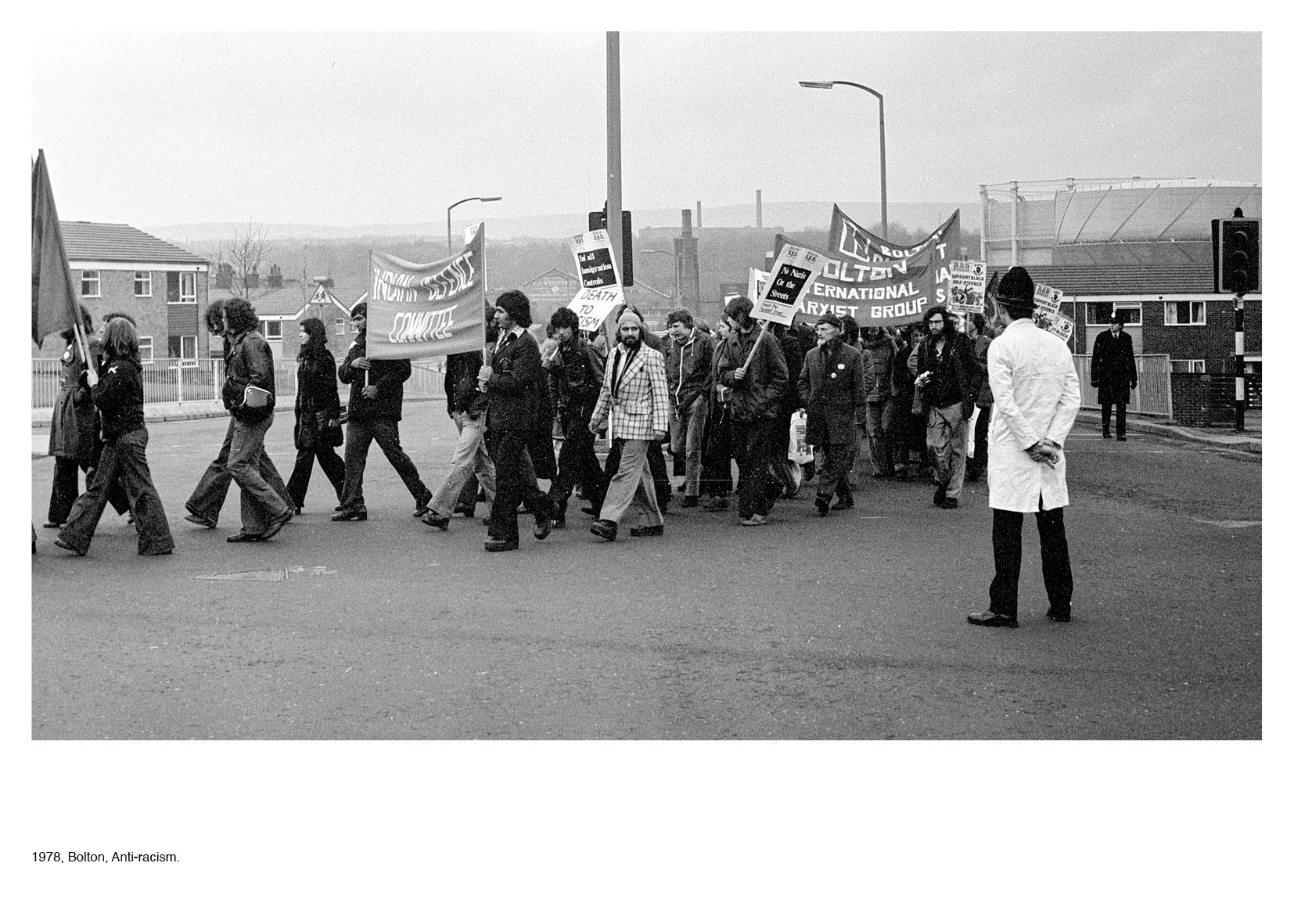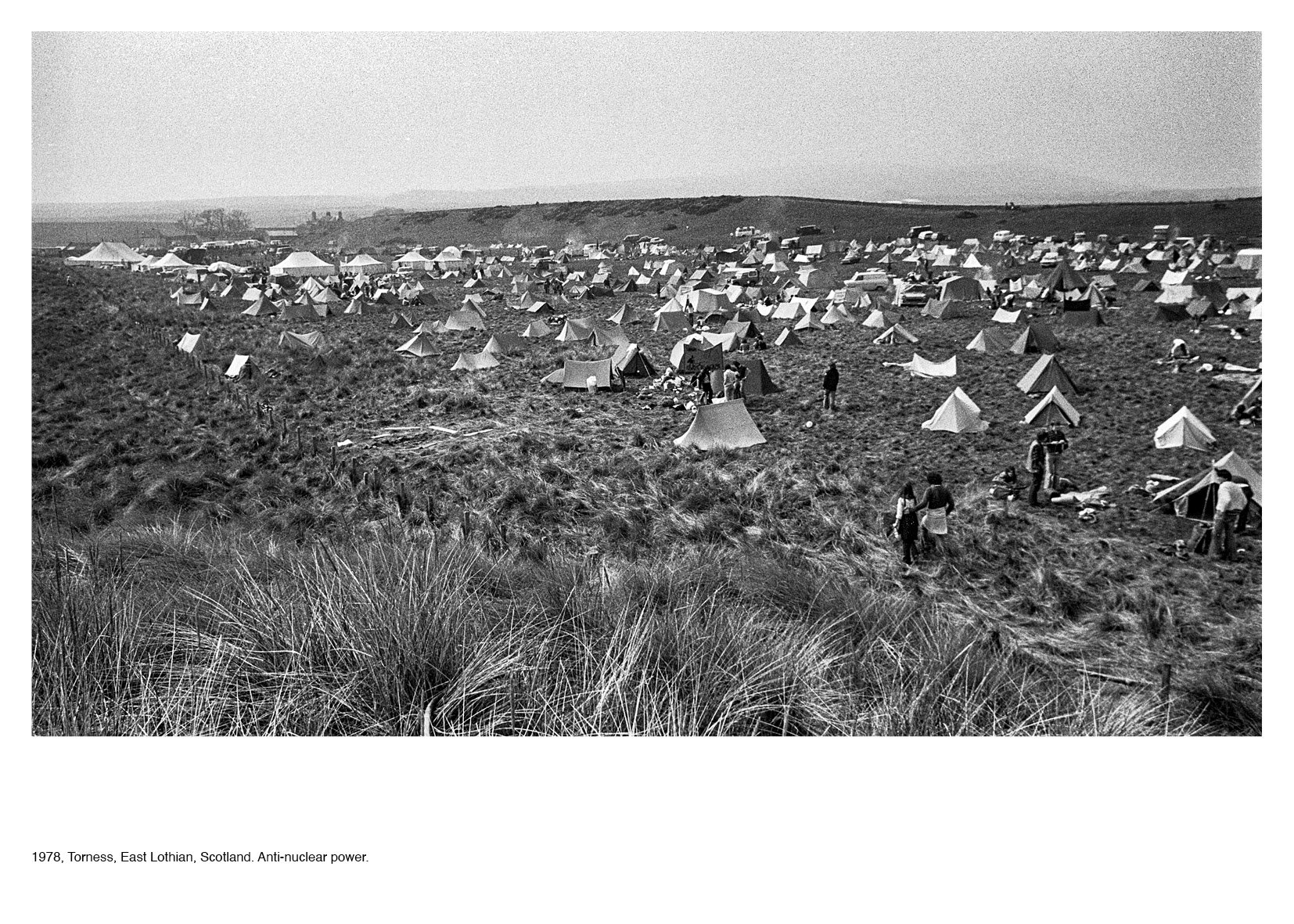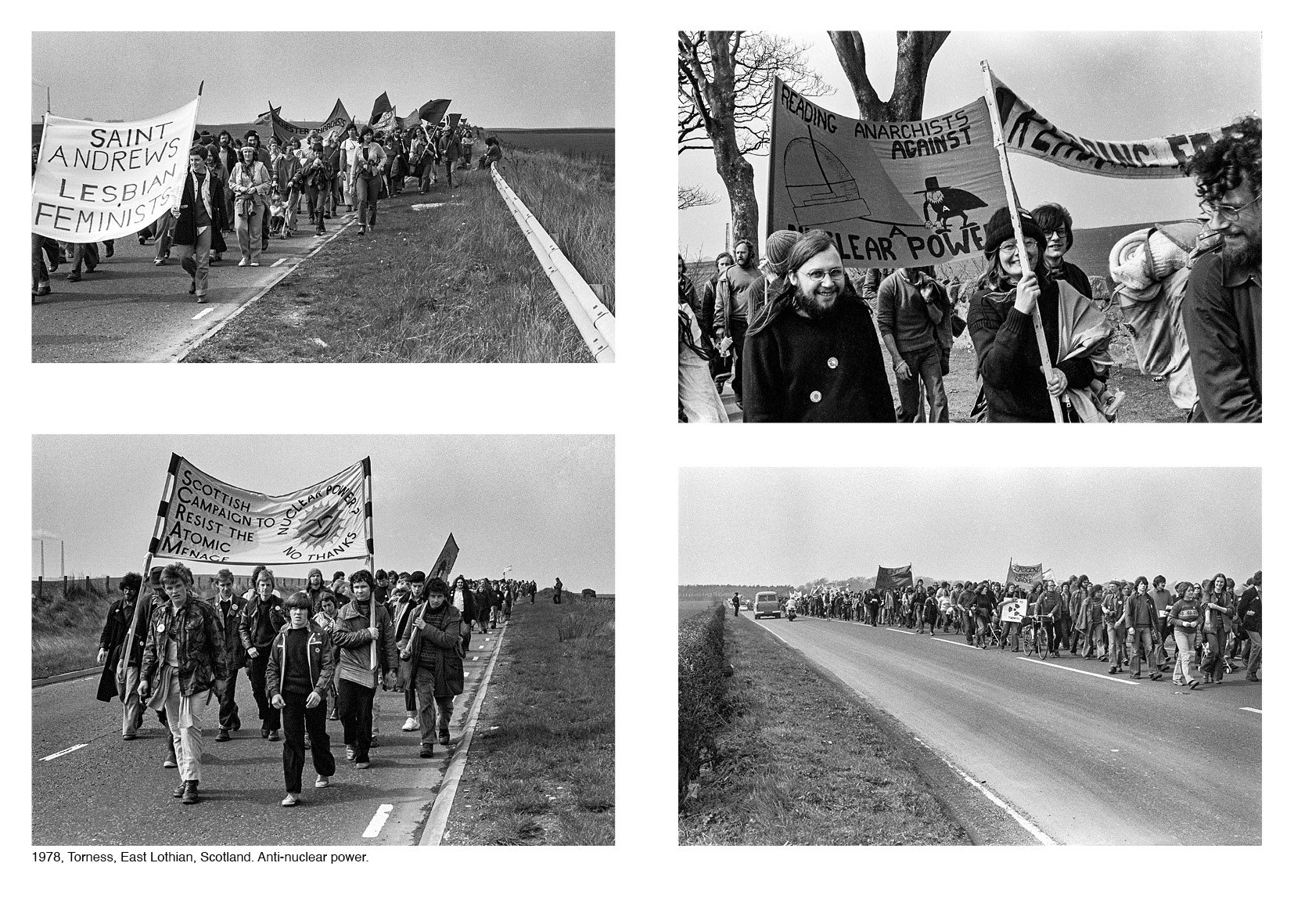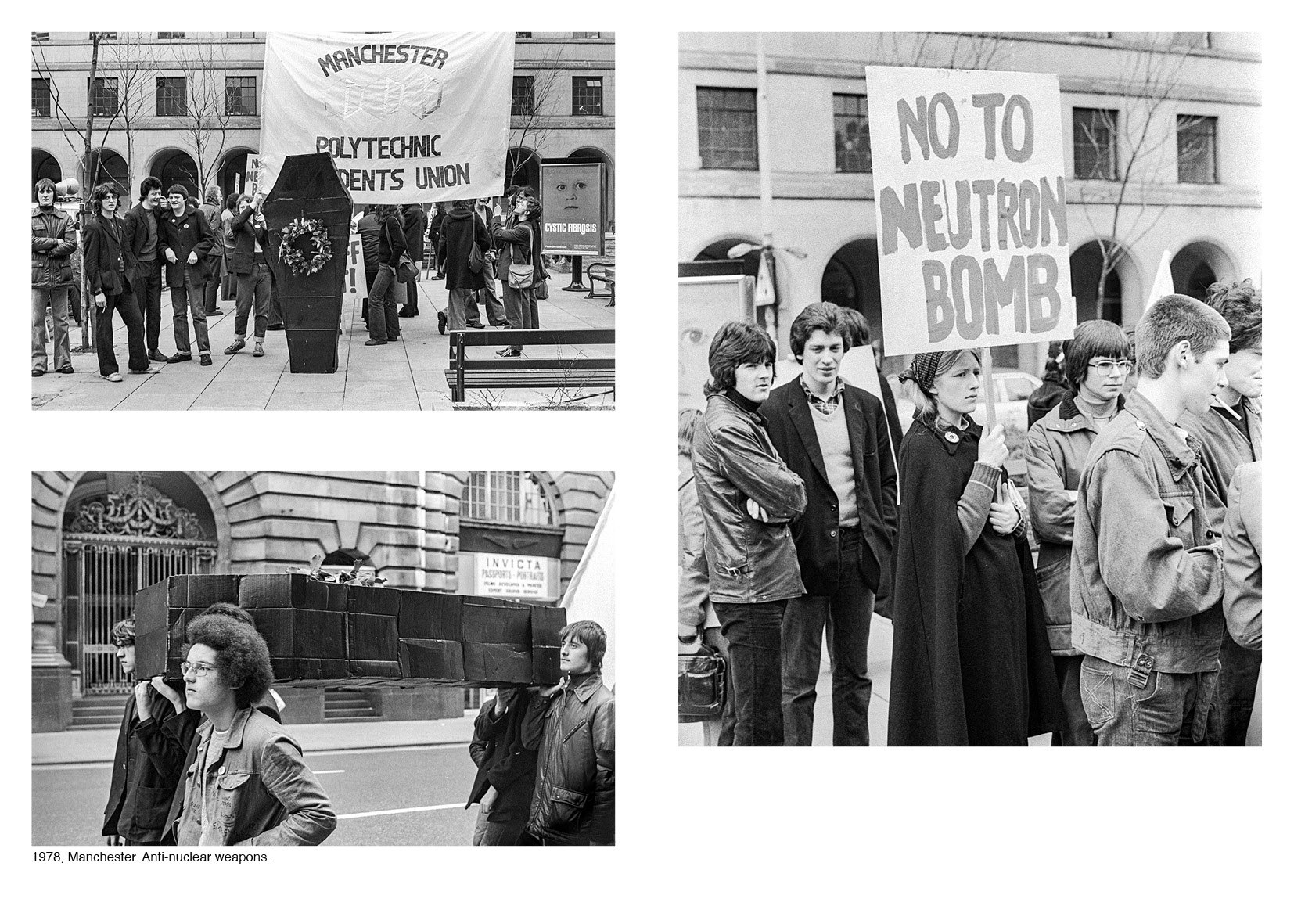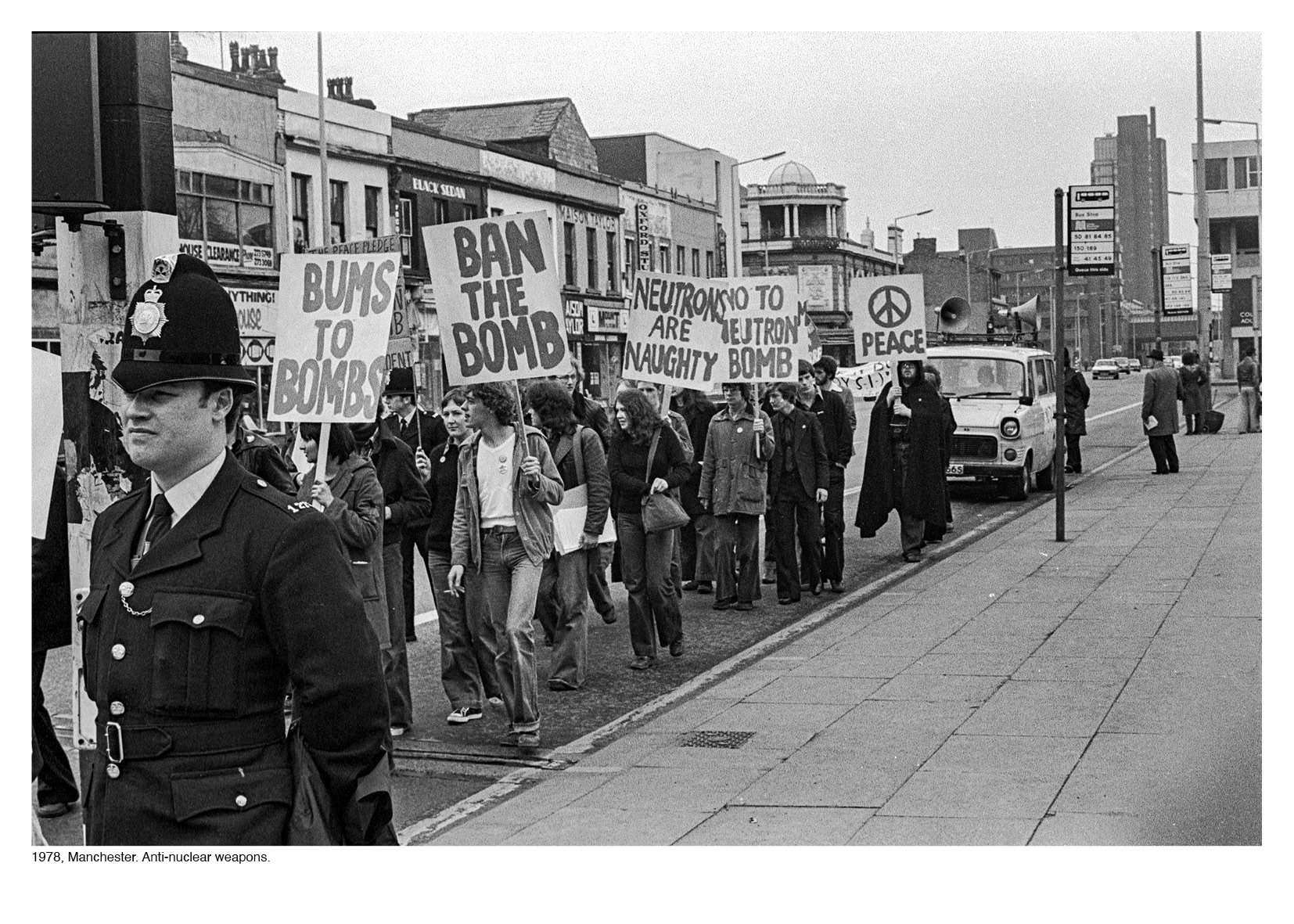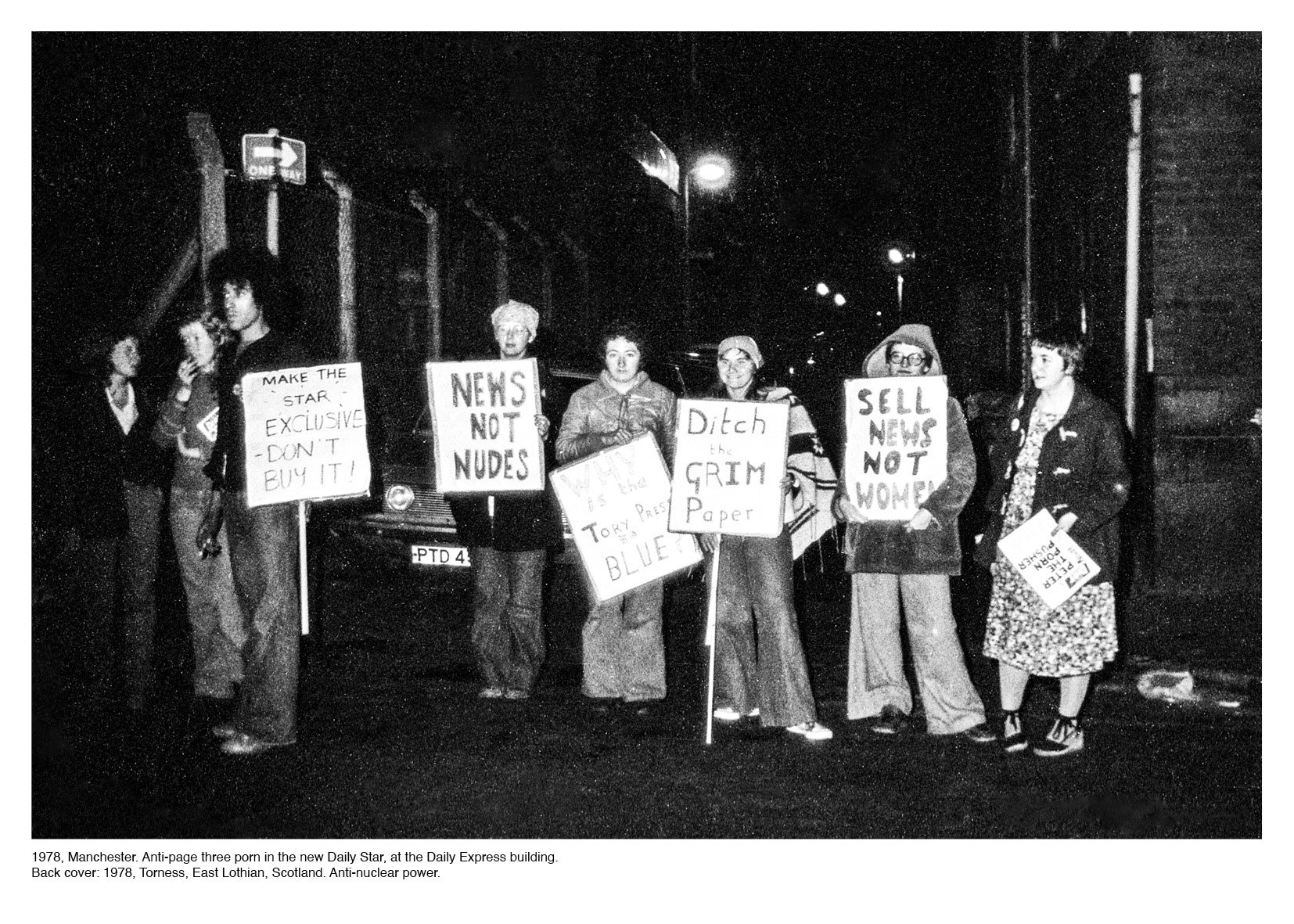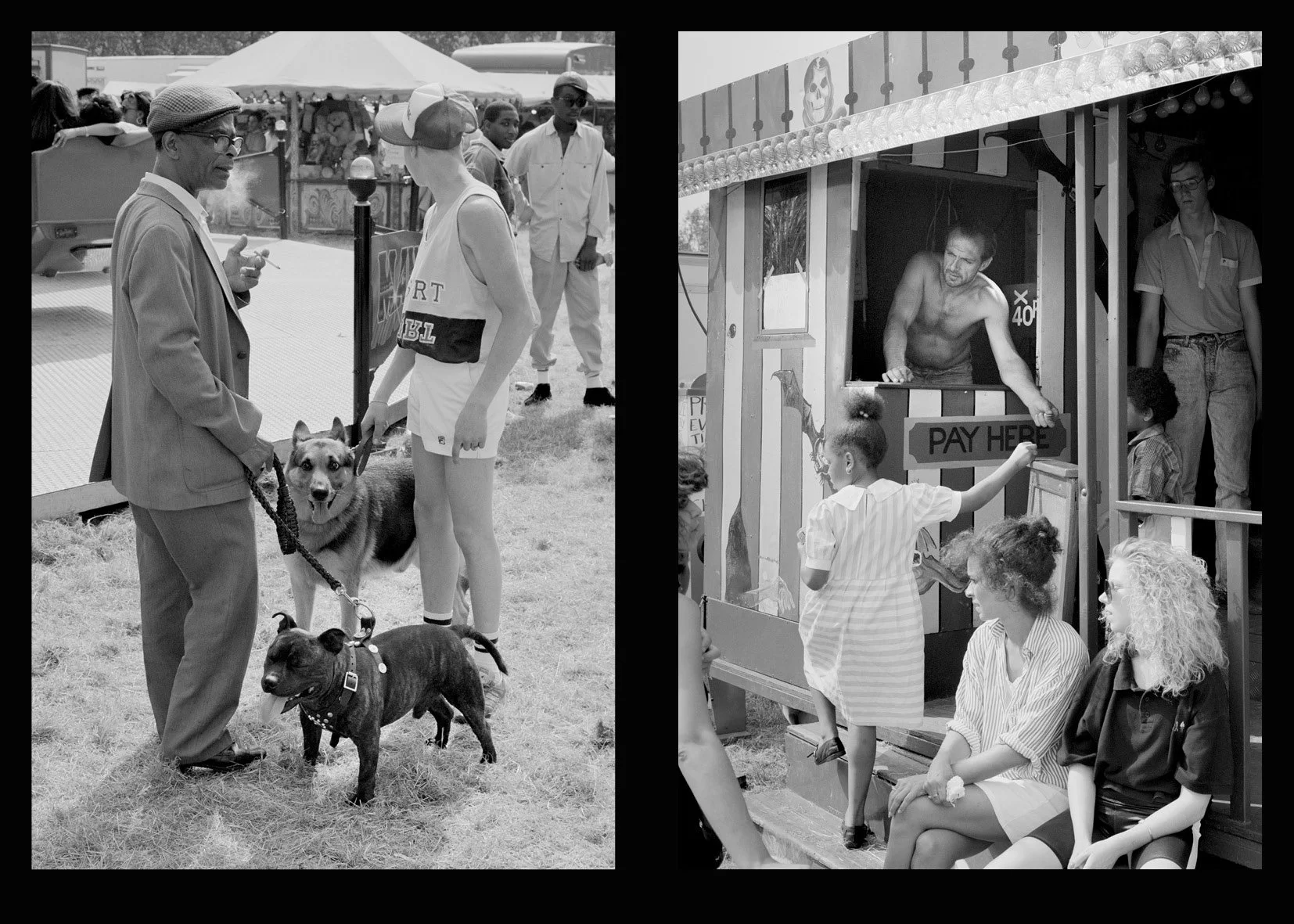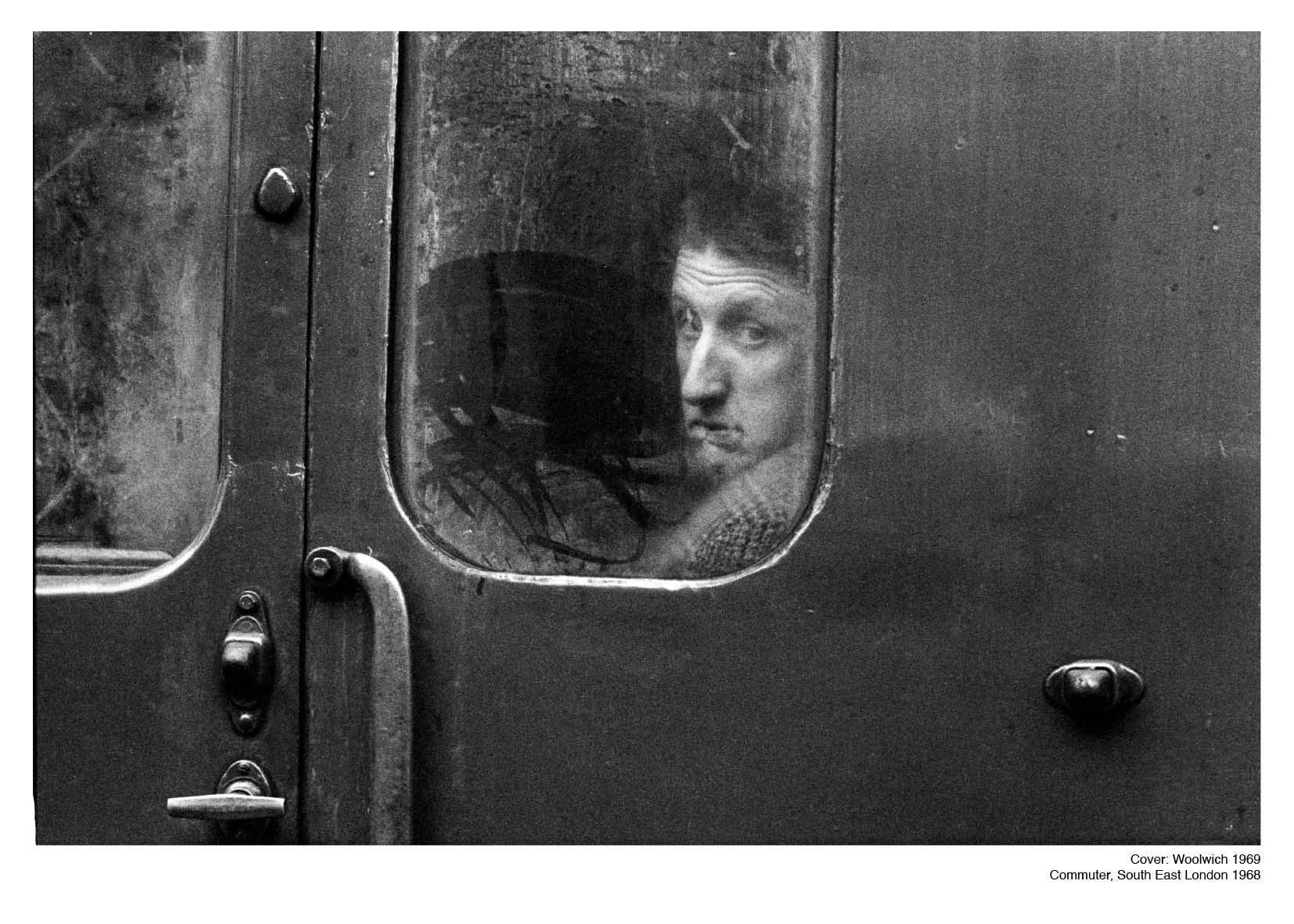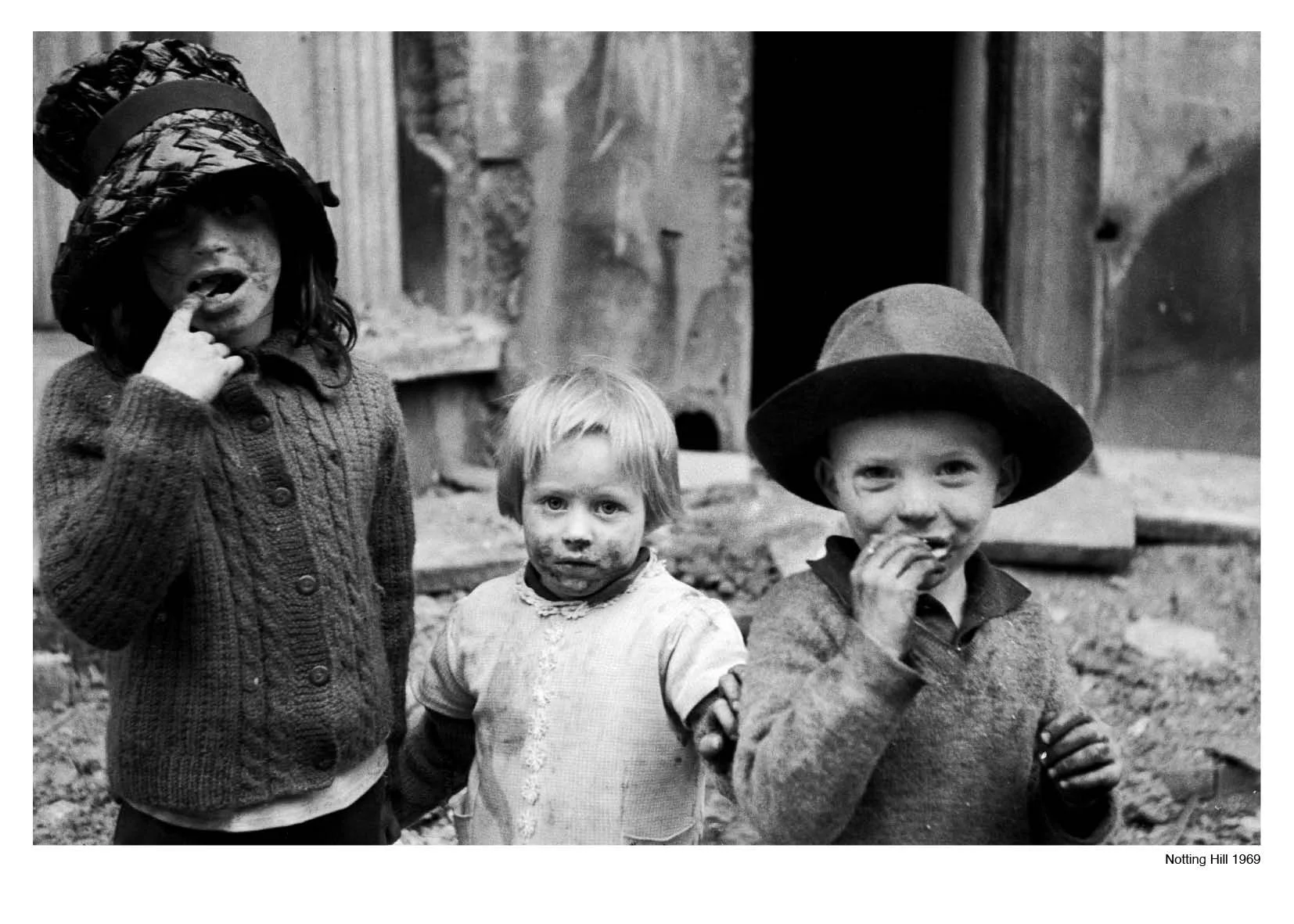 Image 1 of 19
Image 1 of 19

 Image 2 of 19
Image 2 of 19

 Image 3 of 19
Image 3 of 19

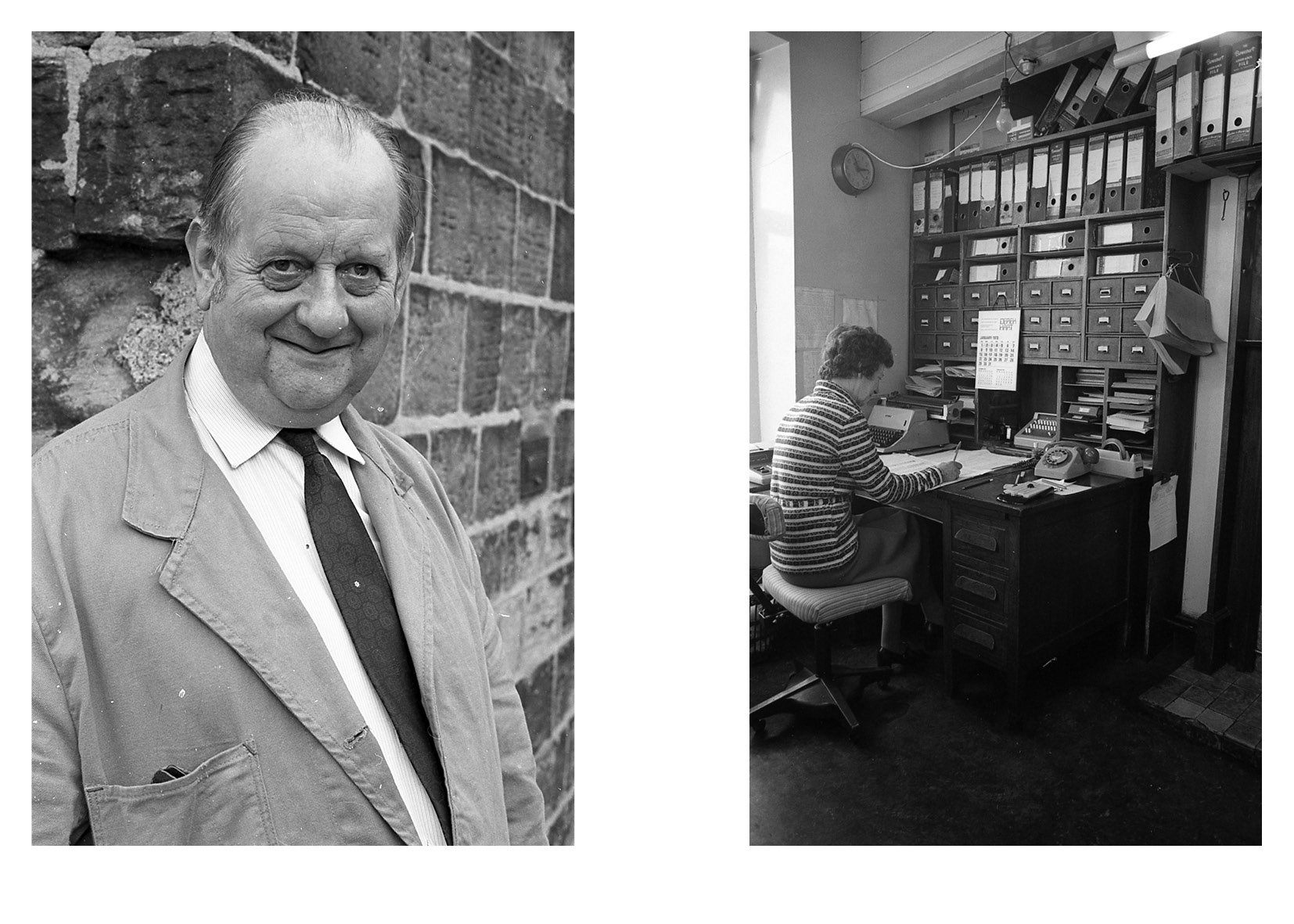 Image 4 of 19
Image 4 of 19

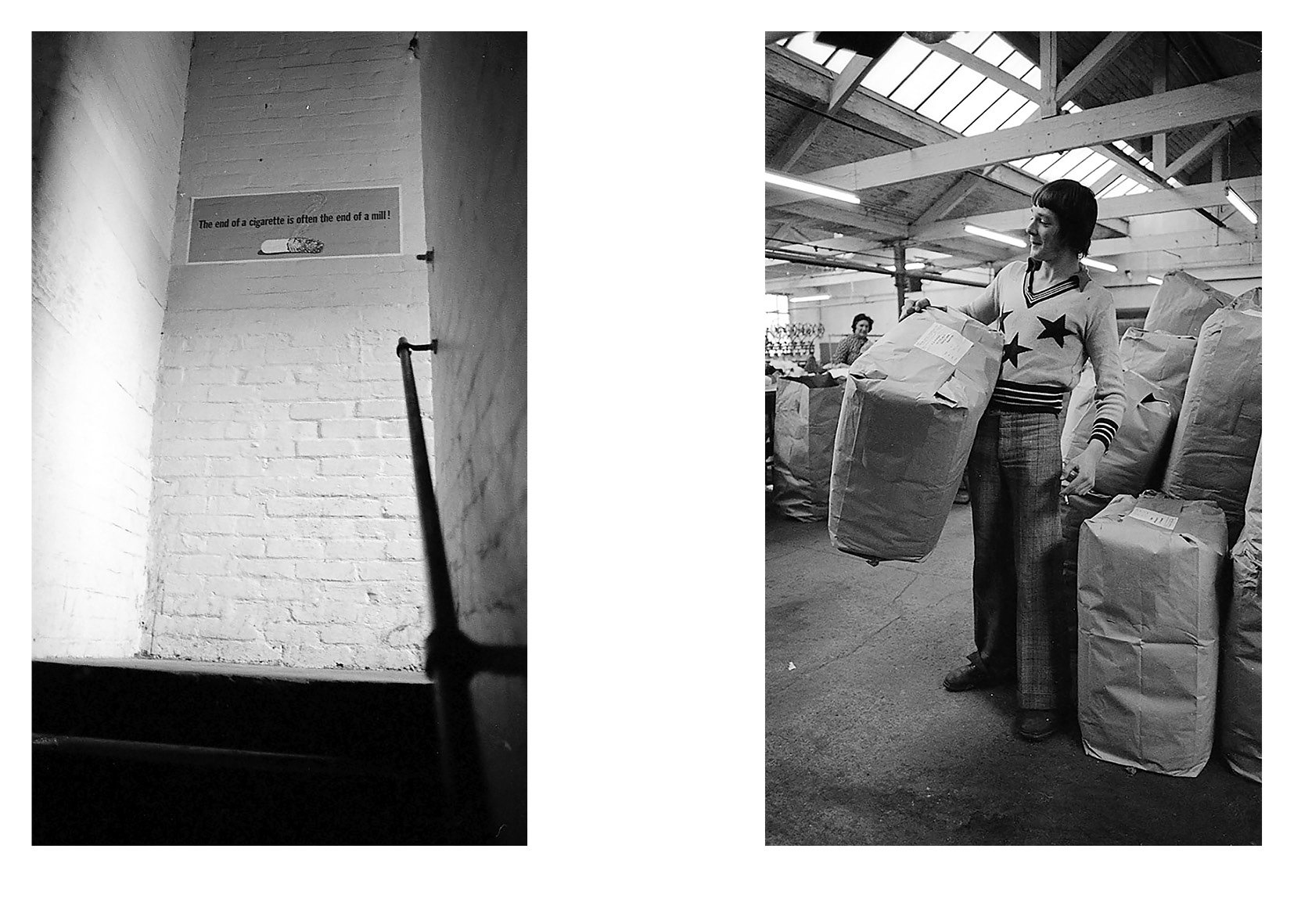 Image 5 of 19
Image 5 of 19

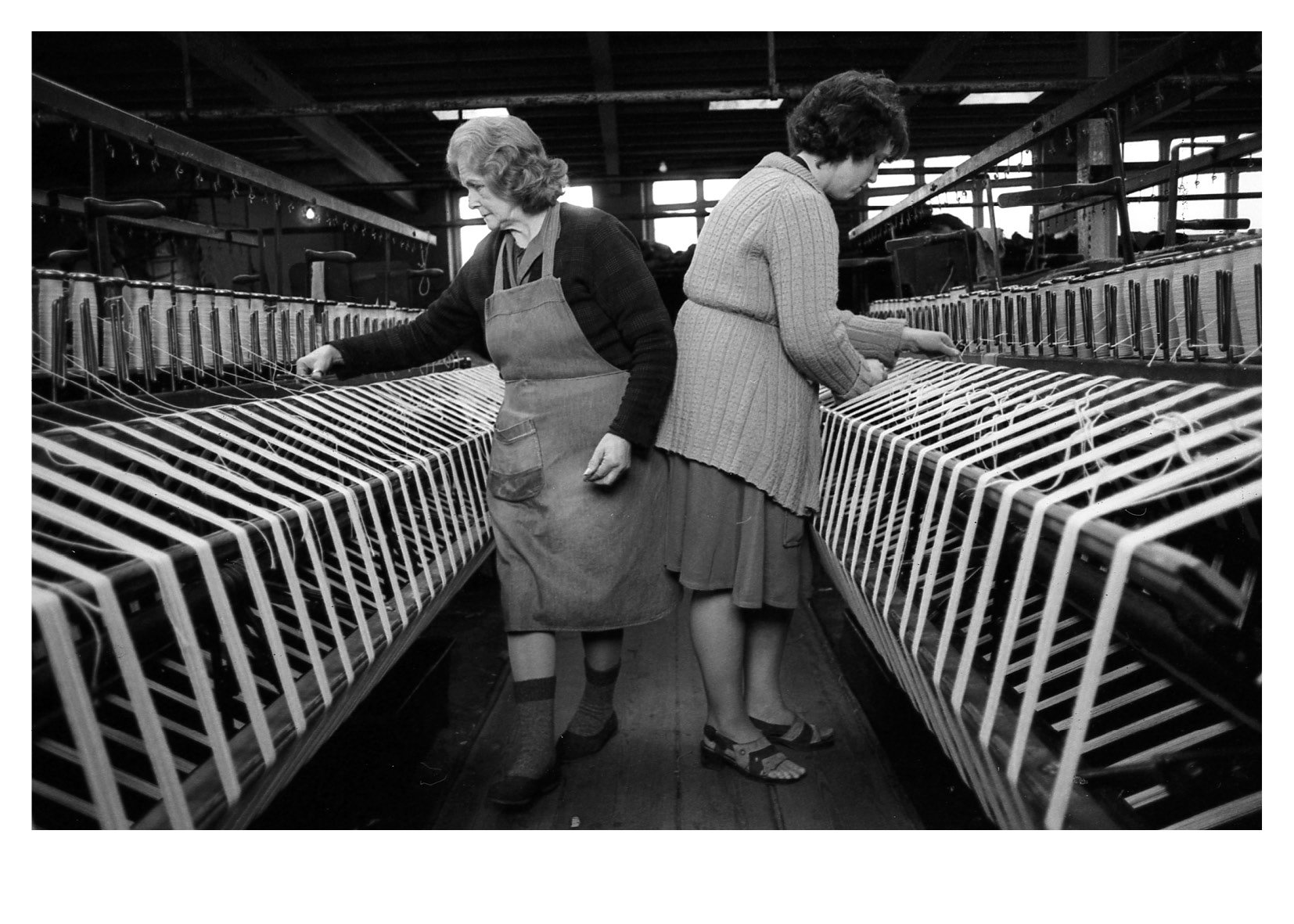 Image 6 of 19
Image 6 of 19

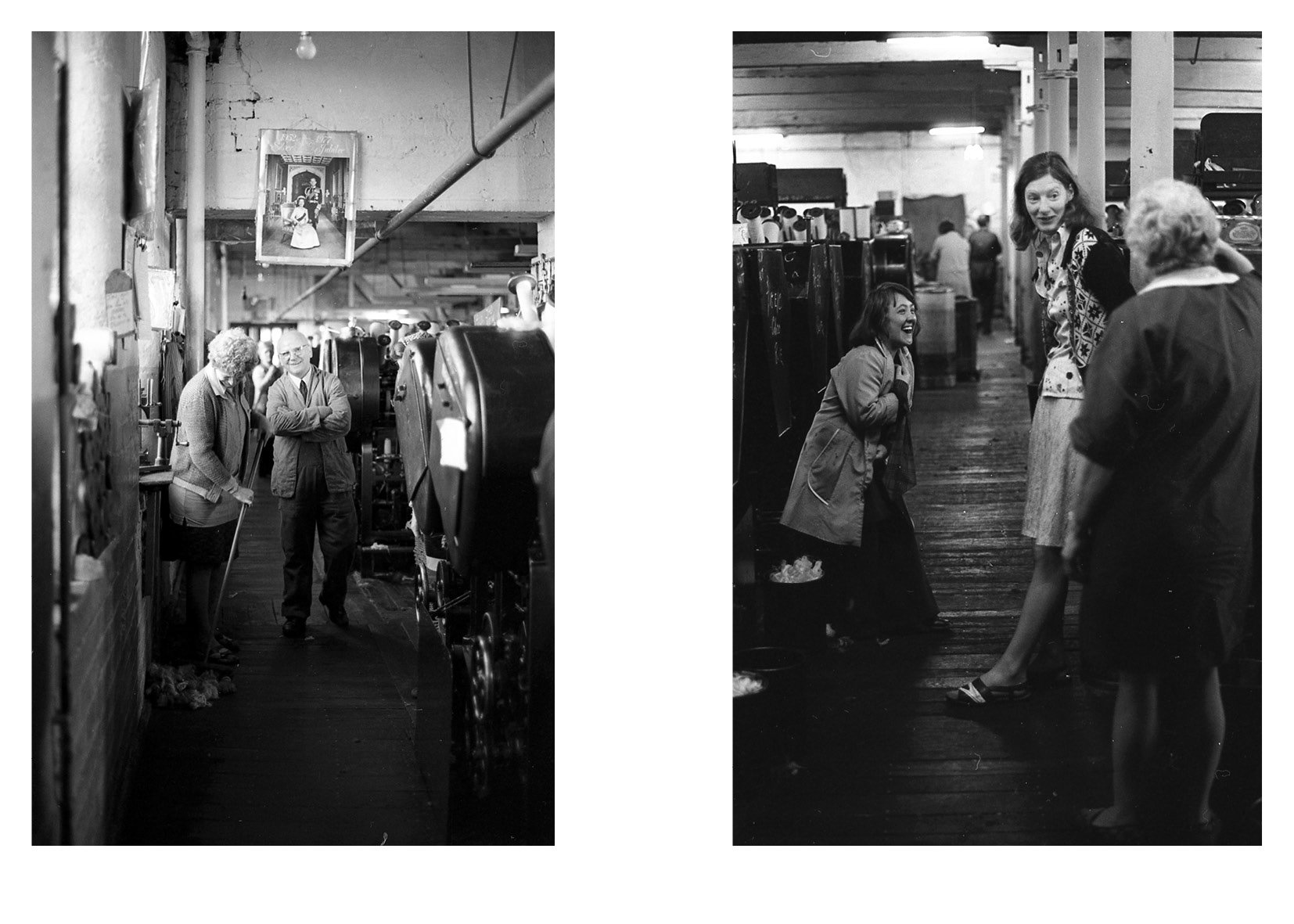 Image 7 of 19
Image 7 of 19

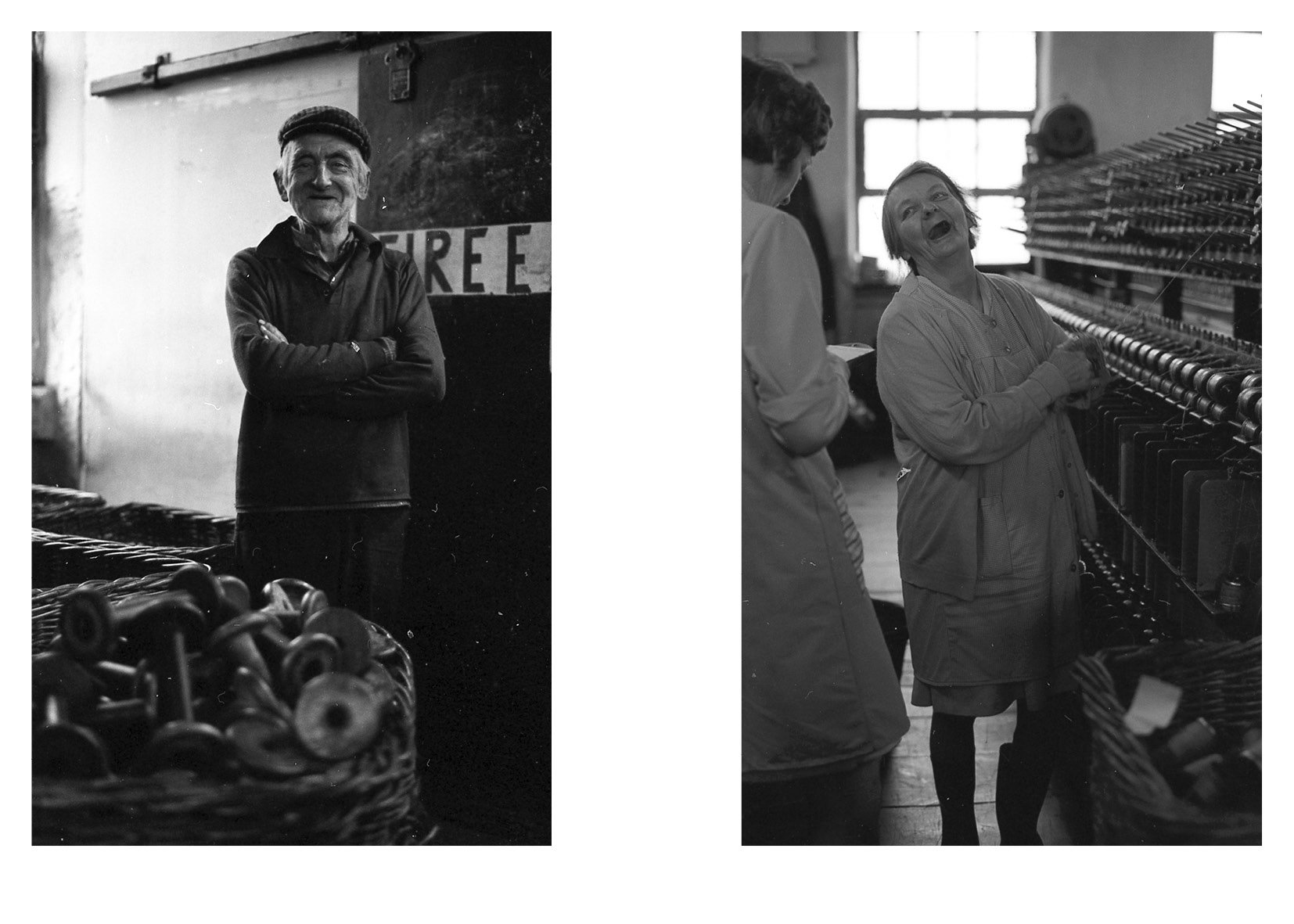 Image 8 of 19
Image 8 of 19

 Image 9 of 19
Image 9 of 19

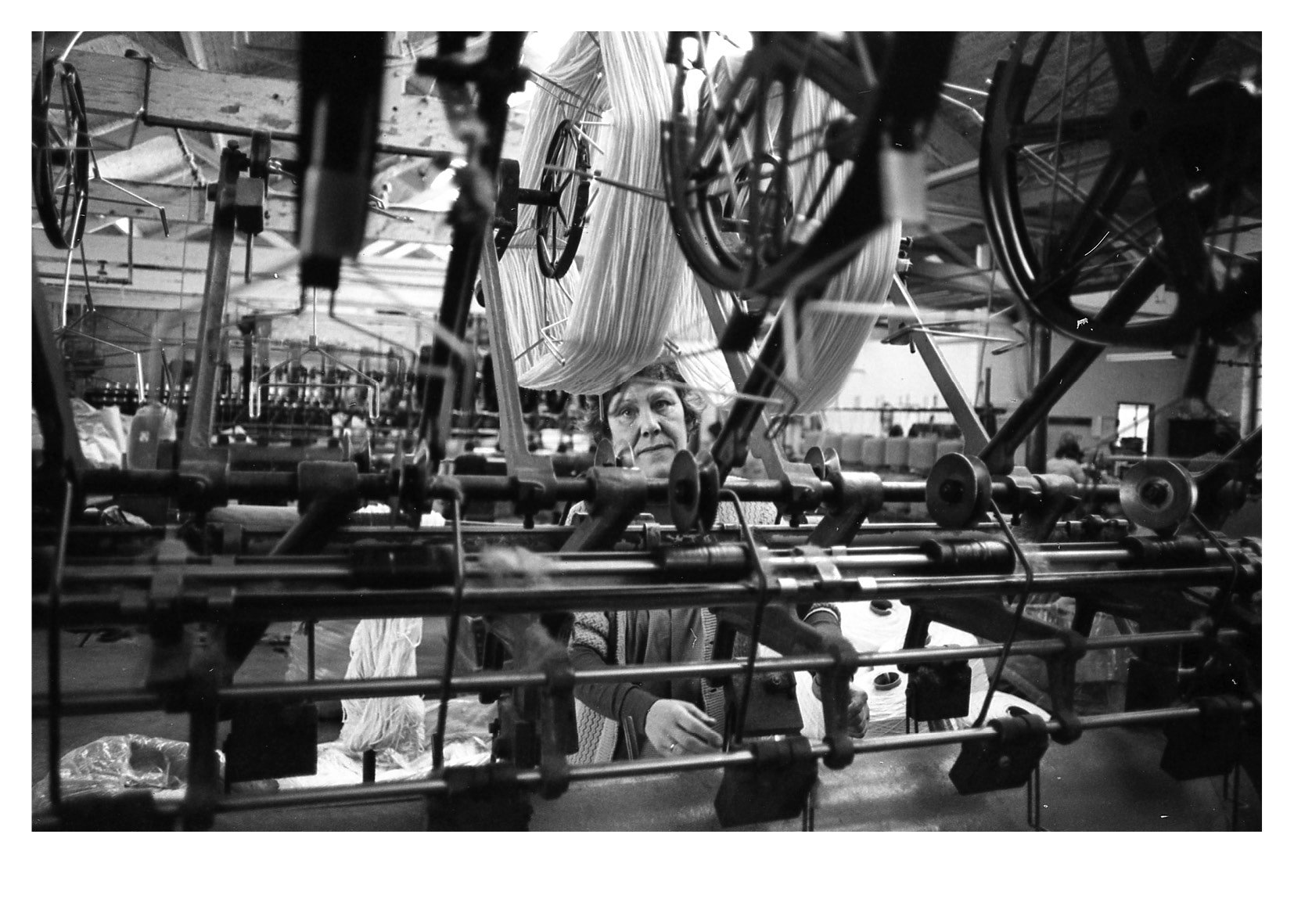 Image 10 of 19
Image 10 of 19

 Image 11 of 19
Image 11 of 19

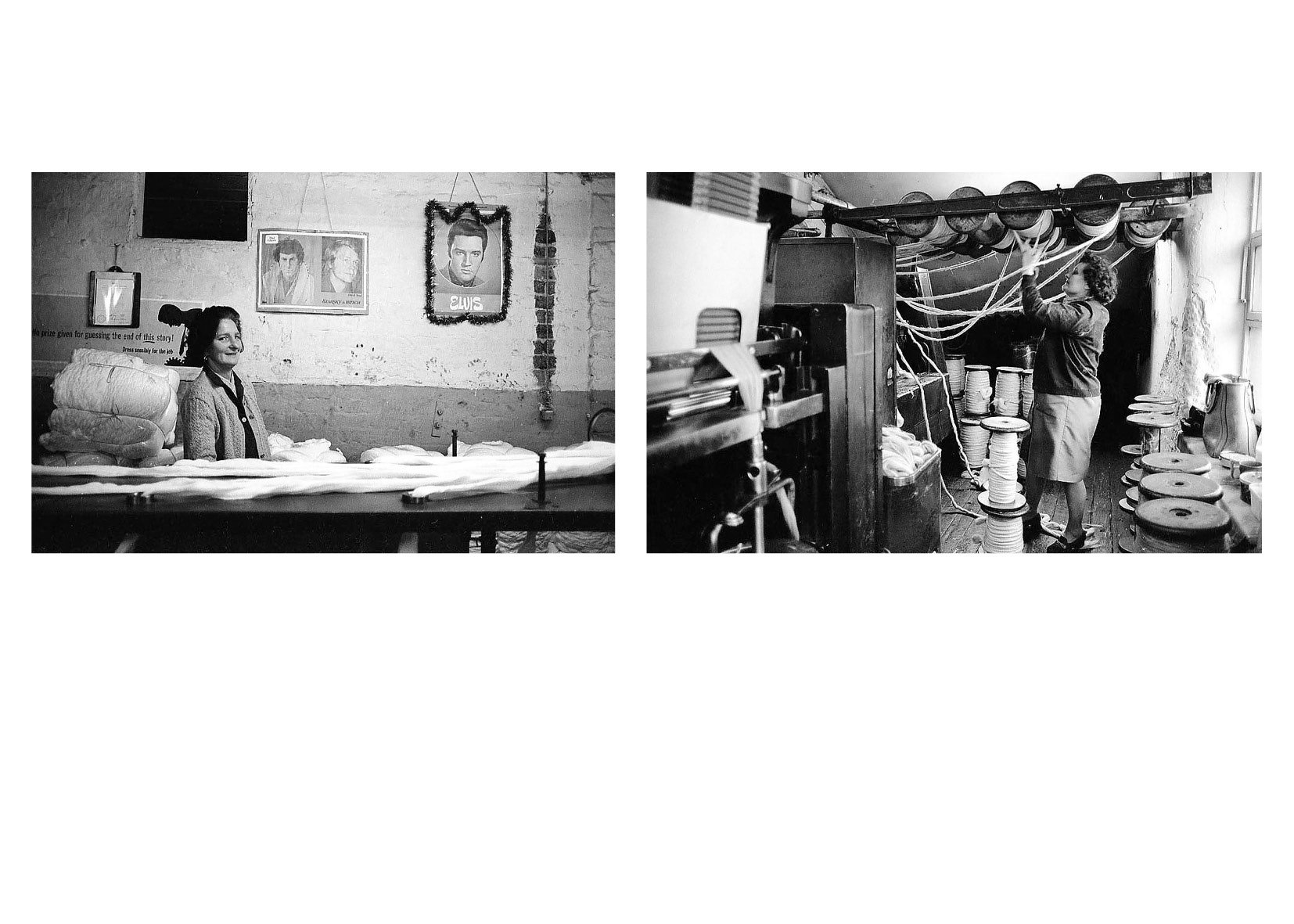 Image 12 of 19
Image 12 of 19

 Image 13 of 19
Image 13 of 19

 Image 14 of 19
Image 14 of 19

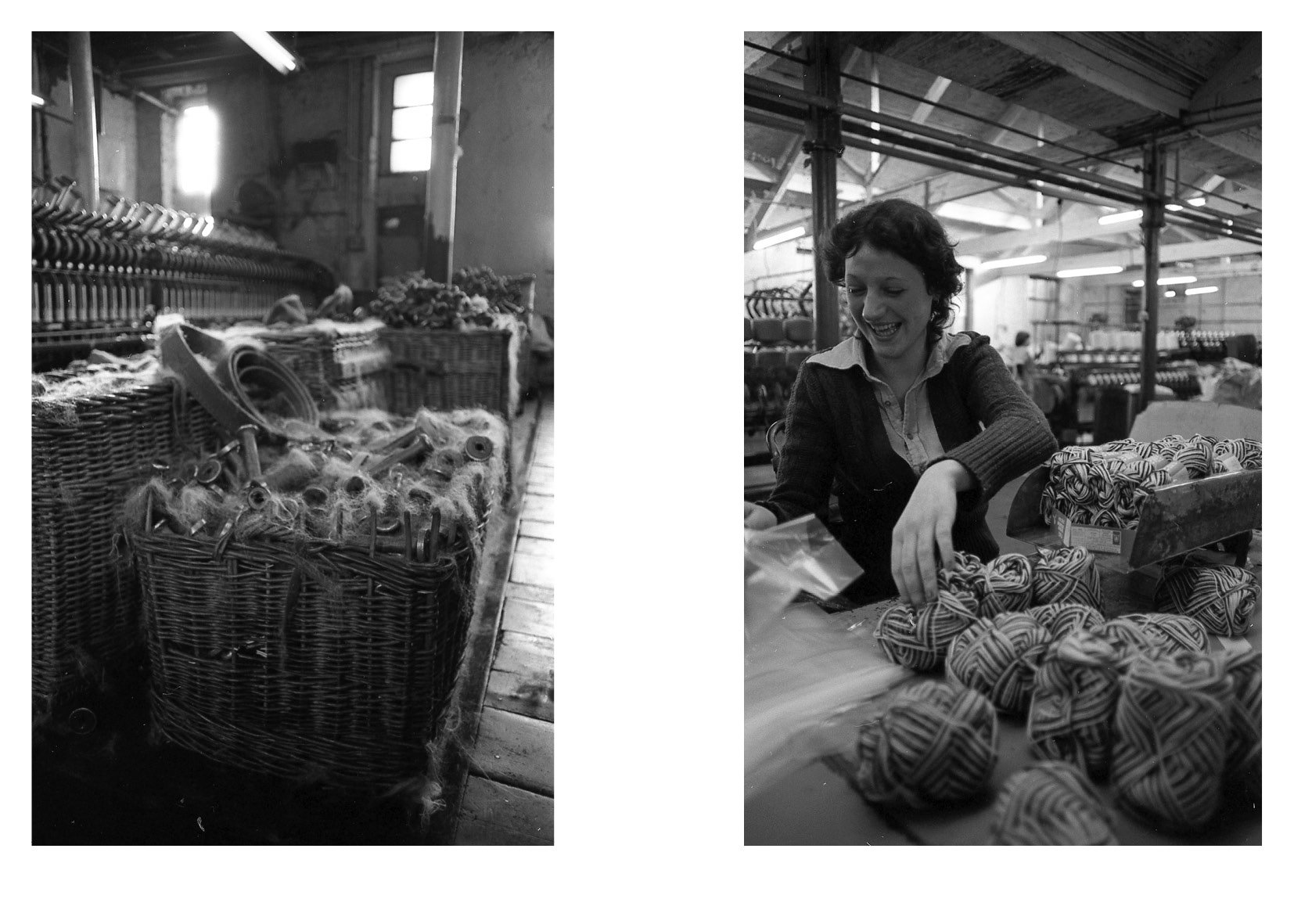 Image 15 of 19
Image 15 of 19

 Image 16 of 19
Image 16 of 19

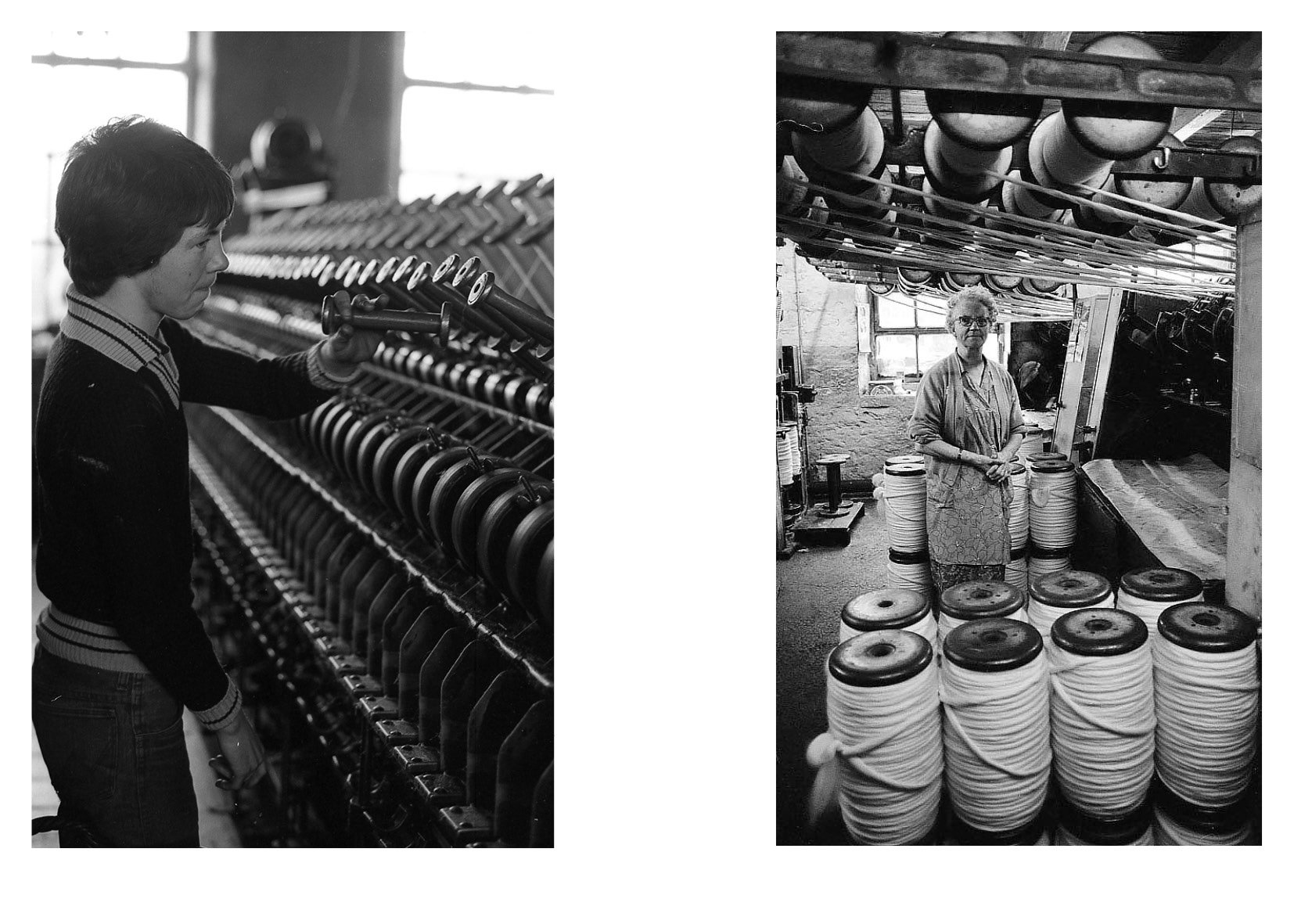 Image 17 of 19
Image 17 of 19

 Image 18 of 19
Image 18 of 19

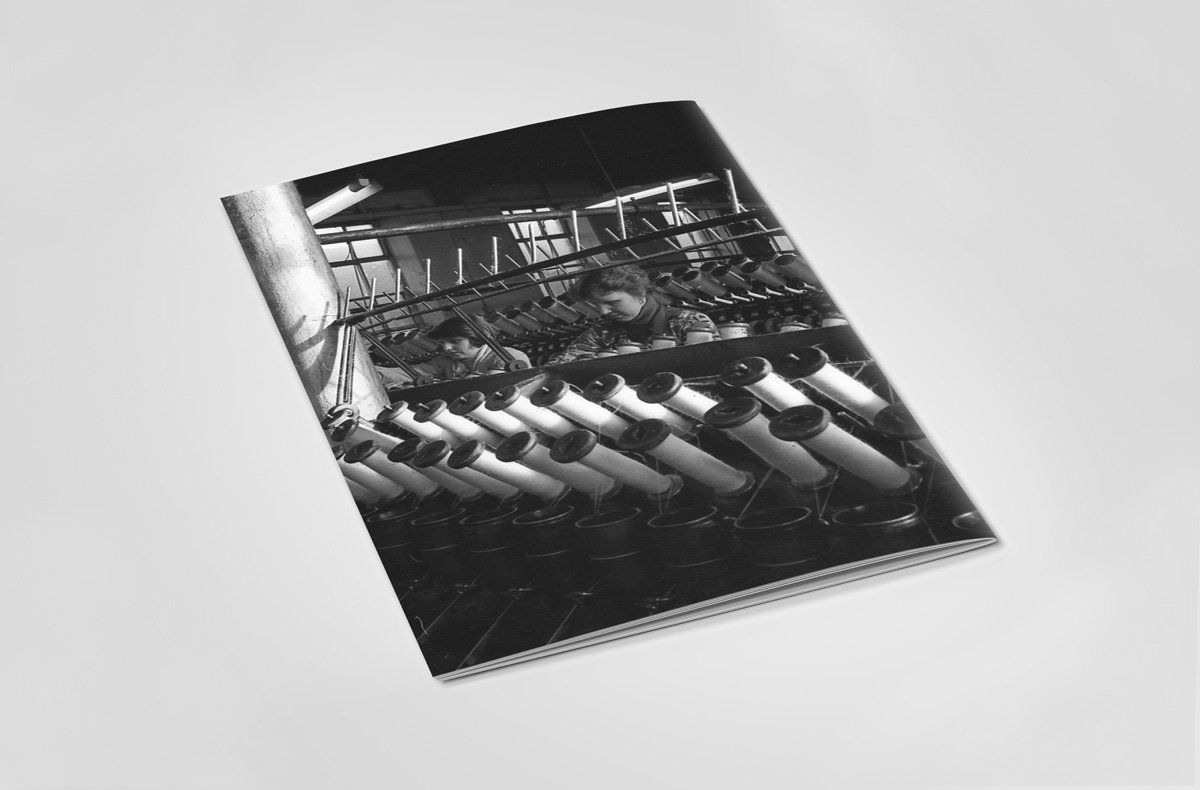 Image 19 of 19
Image 19 of 19




















Kathryn Bethel — Denby Brothers (Spinners) Ltd. Keighley. 1978
36 pages
printed in England
staple bound
14cm x 20cm
These photographs were taken while studying photography at Harrogate College of Art at my father’s spinning mill in Keighley, West Yorkshire, using upgraded black and white film without the use of flash.The firm was established just before the First World War by my grandfather, Joseph Denby (who was also mayor of Keighley 1940-41), and employed some 200 people in its heyday.
Sadly, cheap imports of ready-made garments meant people were no longer buying wool to knit their own. The mills were closed in 1989. Three generations of workers lost their livelihood, the companionship of mill life and, in some cases, their workers’ houses.
36 pages
printed in England
staple bound
14cm x 20cm
These photographs were taken while studying photography at Harrogate College of Art at my father’s spinning mill in Keighley, West Yorkshire, using upgraded black and white film without the use of flash.The firm was established just before the First World War by my grandfather, Joseph Denby (who was also mayor of Keighley 1940-41), and employed some 200 people in its heyday.
Sadly, cheap imports of ready-made garments meant people were no longer buying wool to knit their own. The mills were closed in 1989. Three generations of workers lost their livelihood, the companionship of mill life and, in some cases, their workers’ houses.
36 pages
printed in England
staple bound
14cm x 20cm
These photographs were taken while studying photography at Harrogate College of Art at my father’s spinning mill in Keighley, West Yorkshire, using upgraded black and white film without the use of flash.The firm was established just before the First World War by my grandfather, Joseph Denby (who was also mayor of Keighley 1940-41), and employed some 200 people in its heyday.
Sadly, cheap imports of ready-made garments meant people were no longer buying wool to knit their own. The mills were closed in 1989. Three generations of workers lost their livelihood, the companionship of mill life and, in some cases, their workers’ houses.


